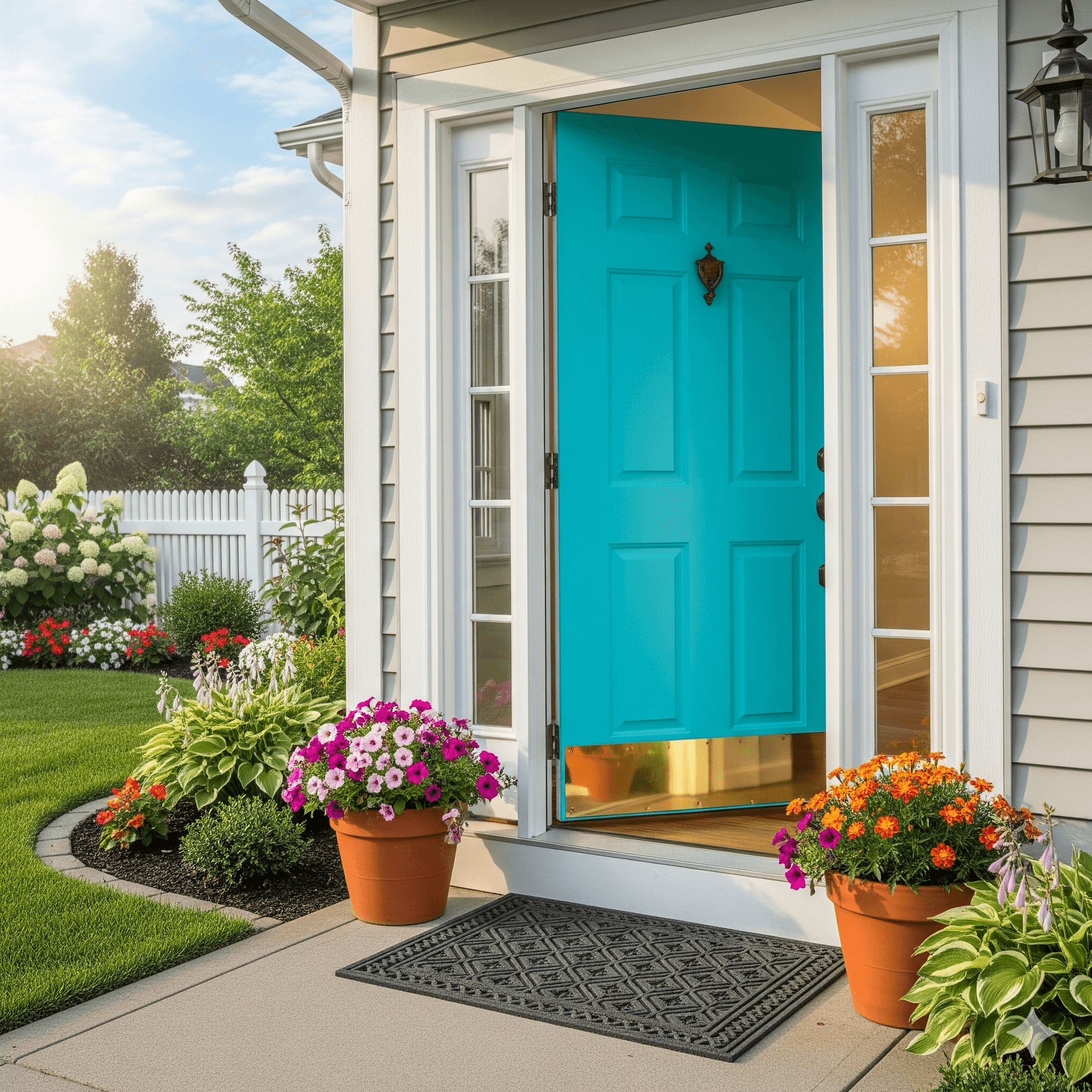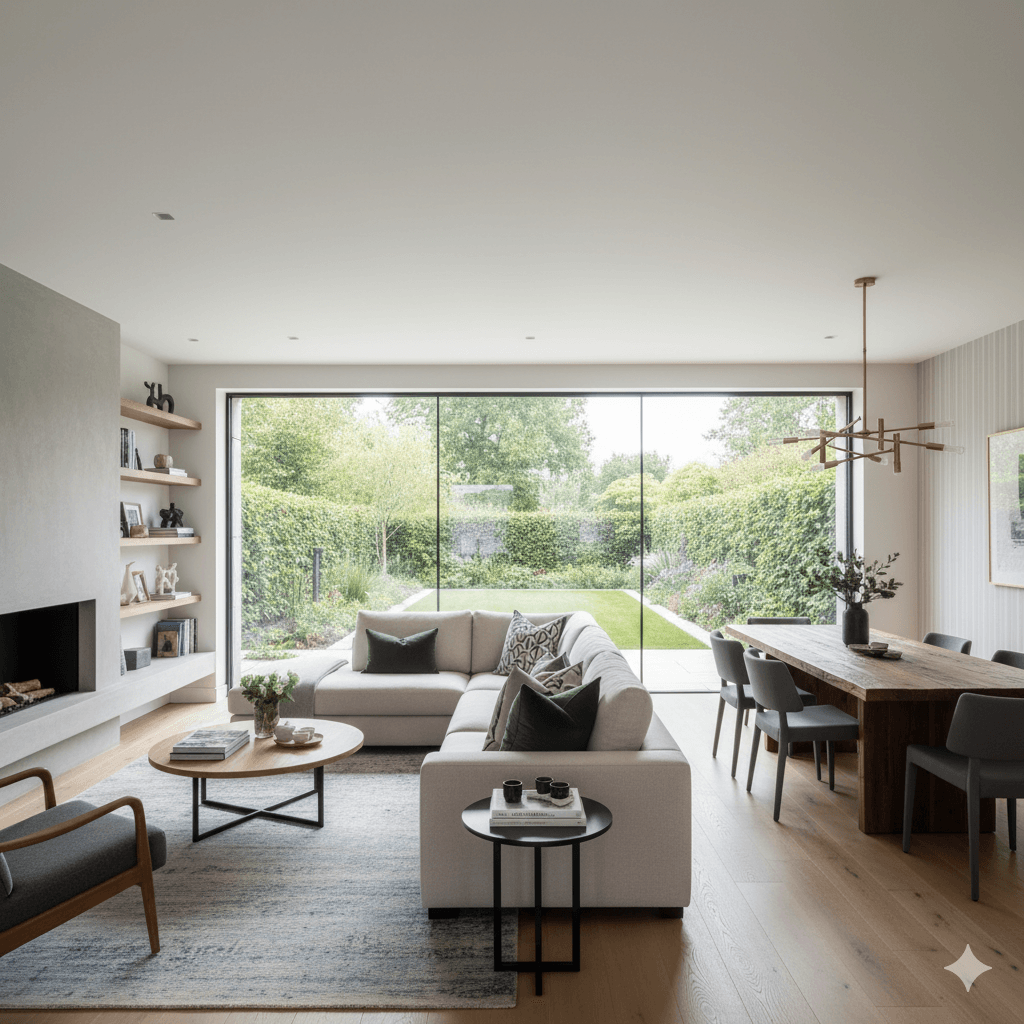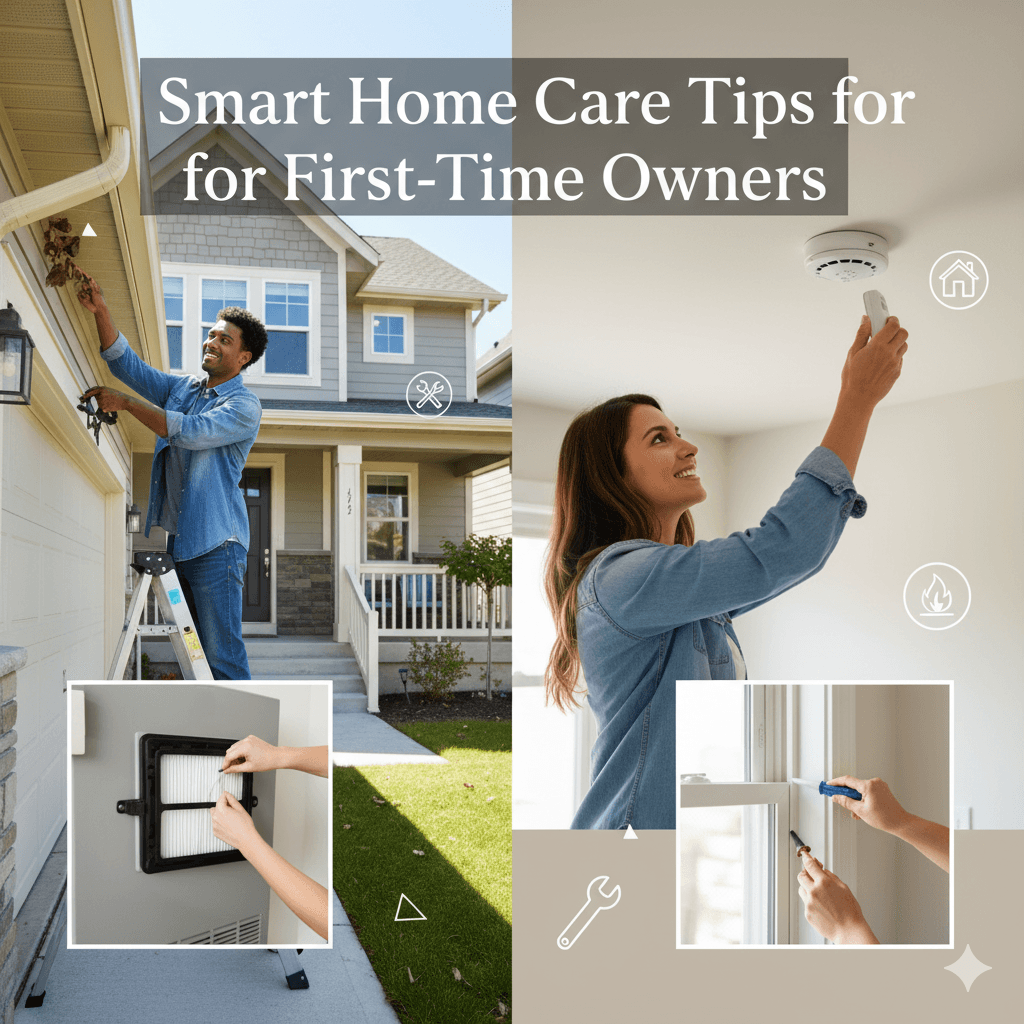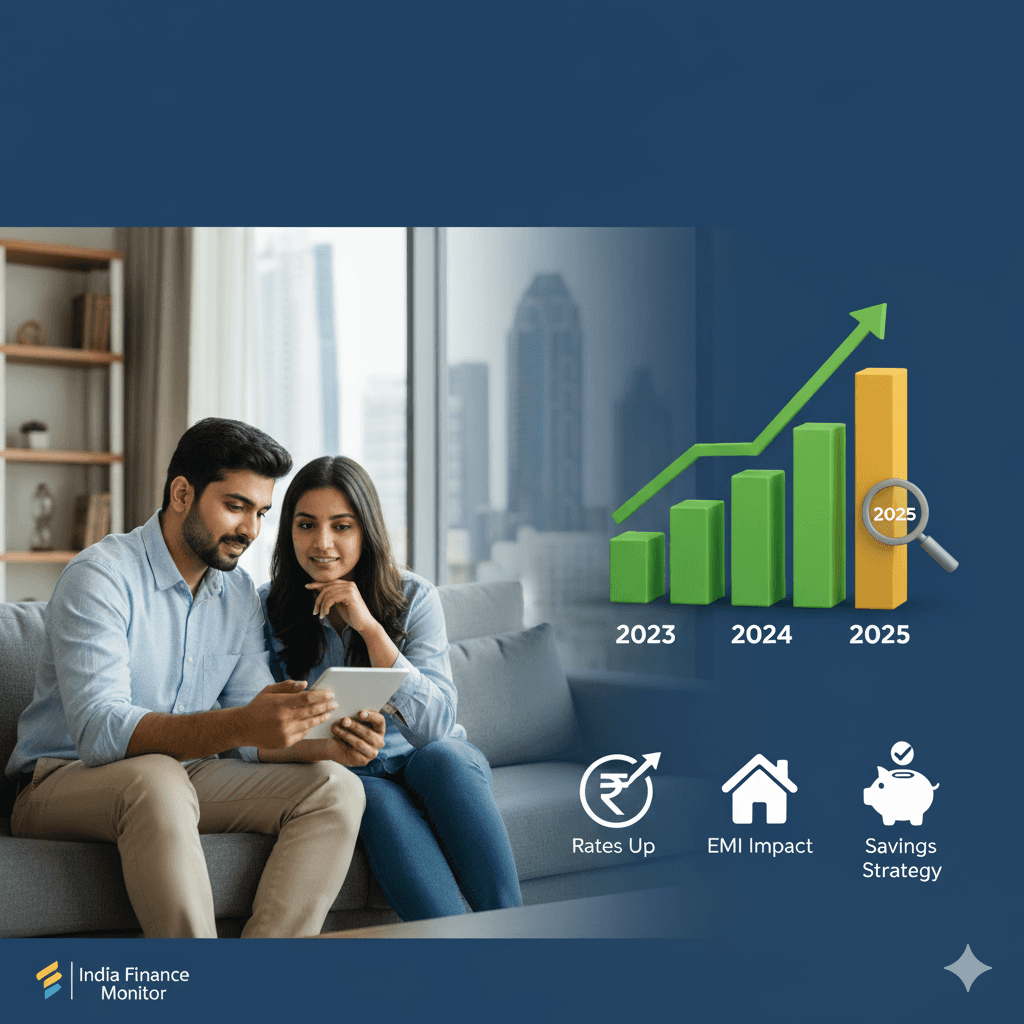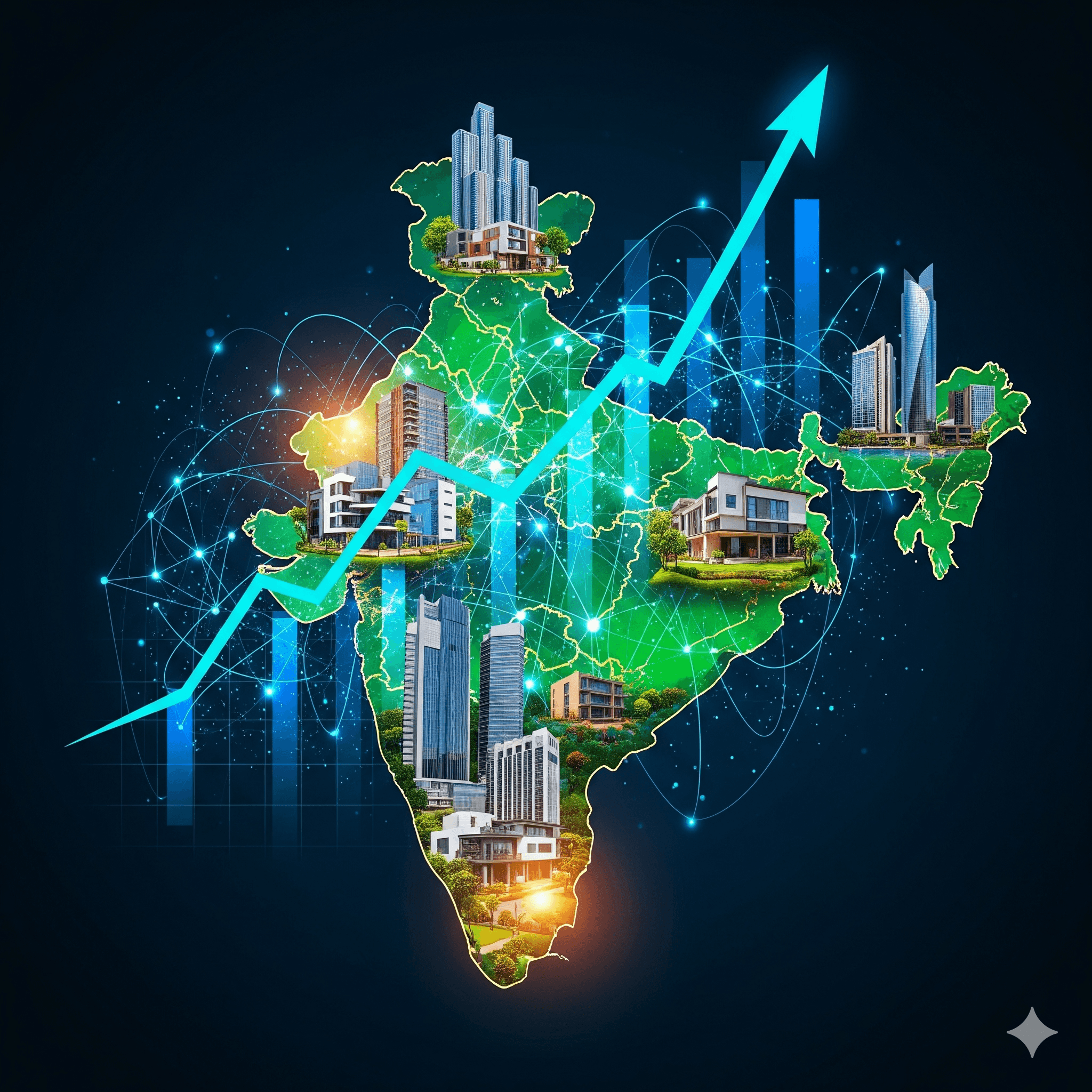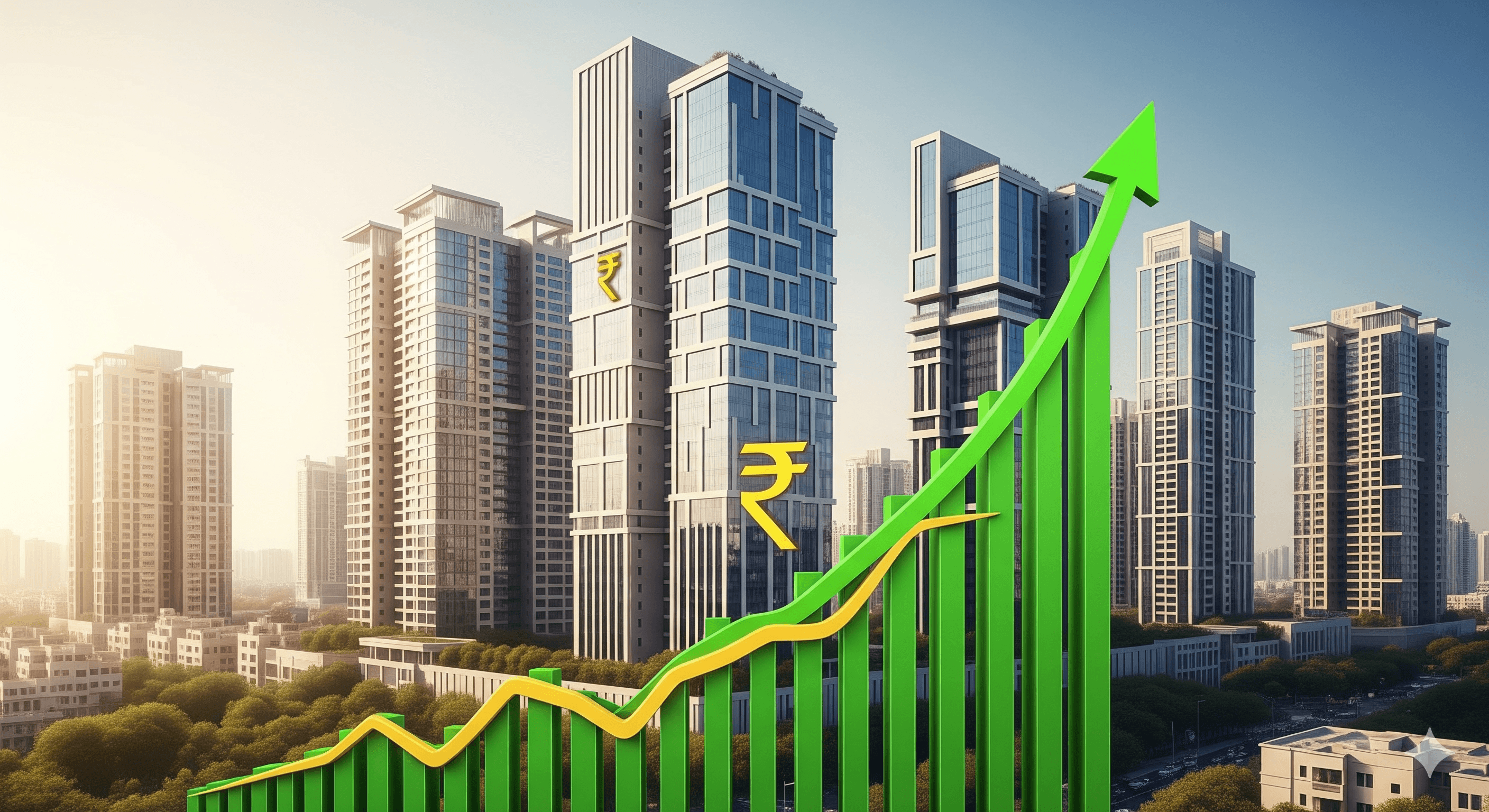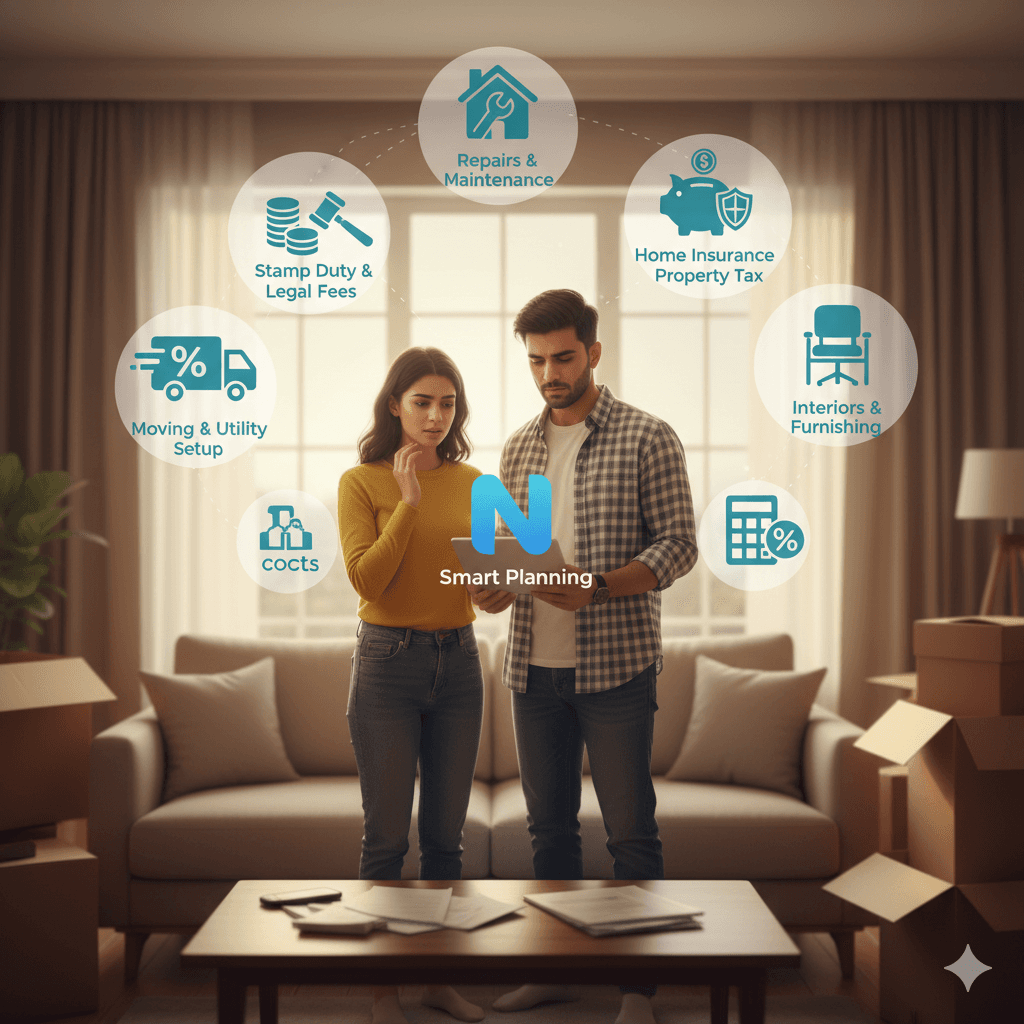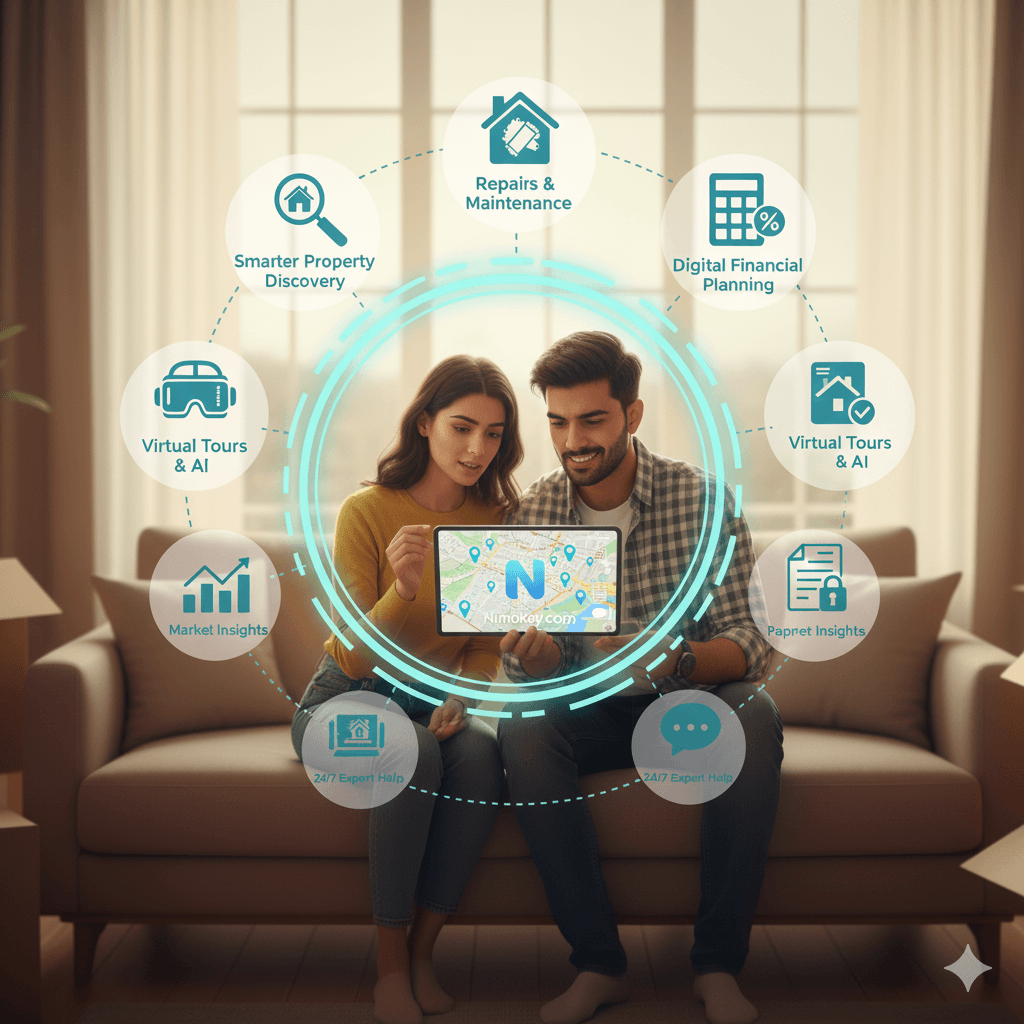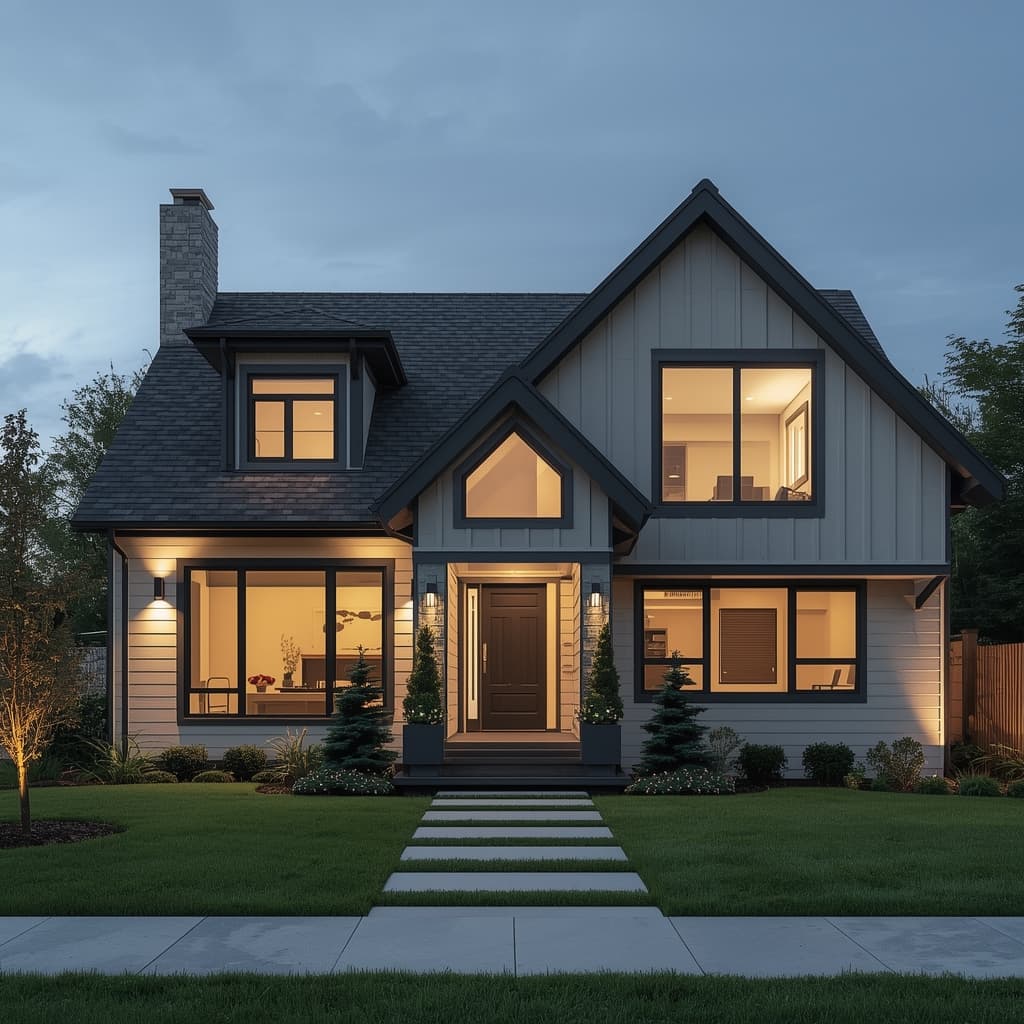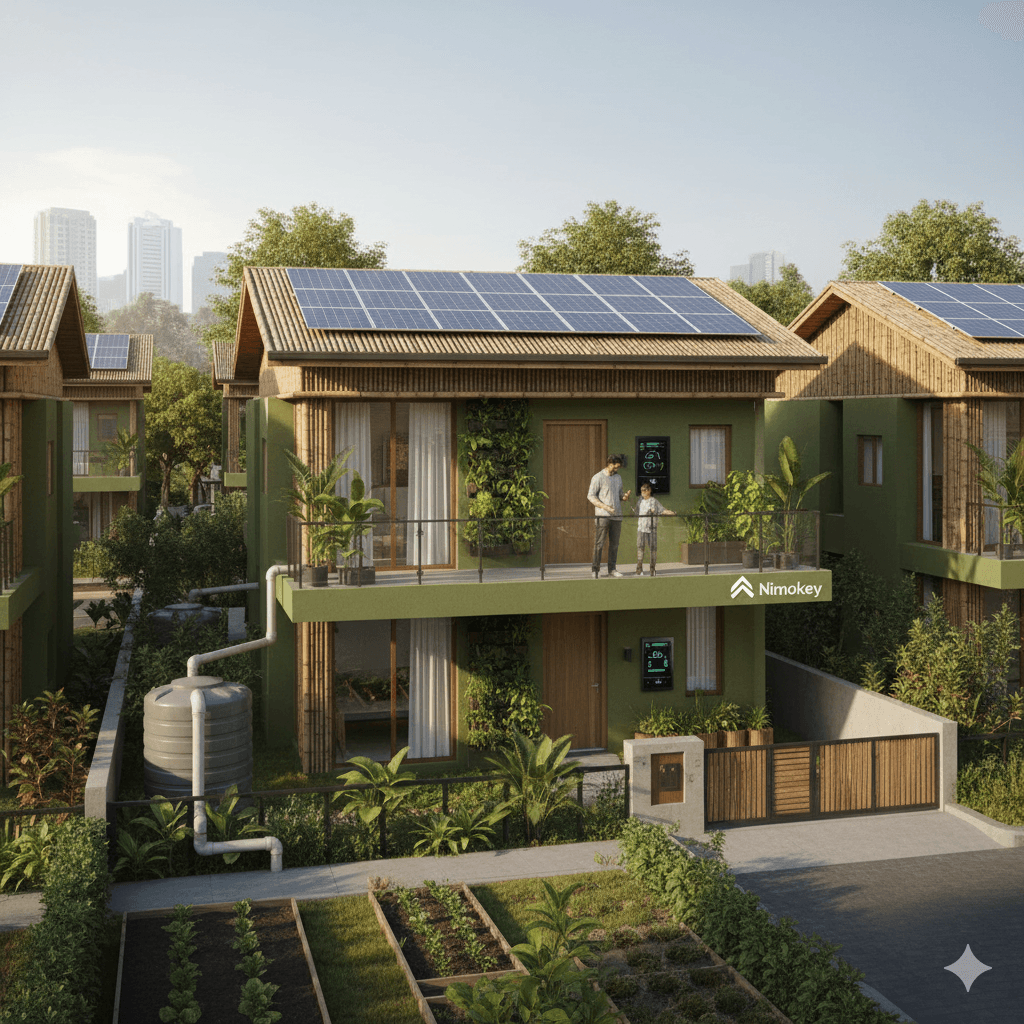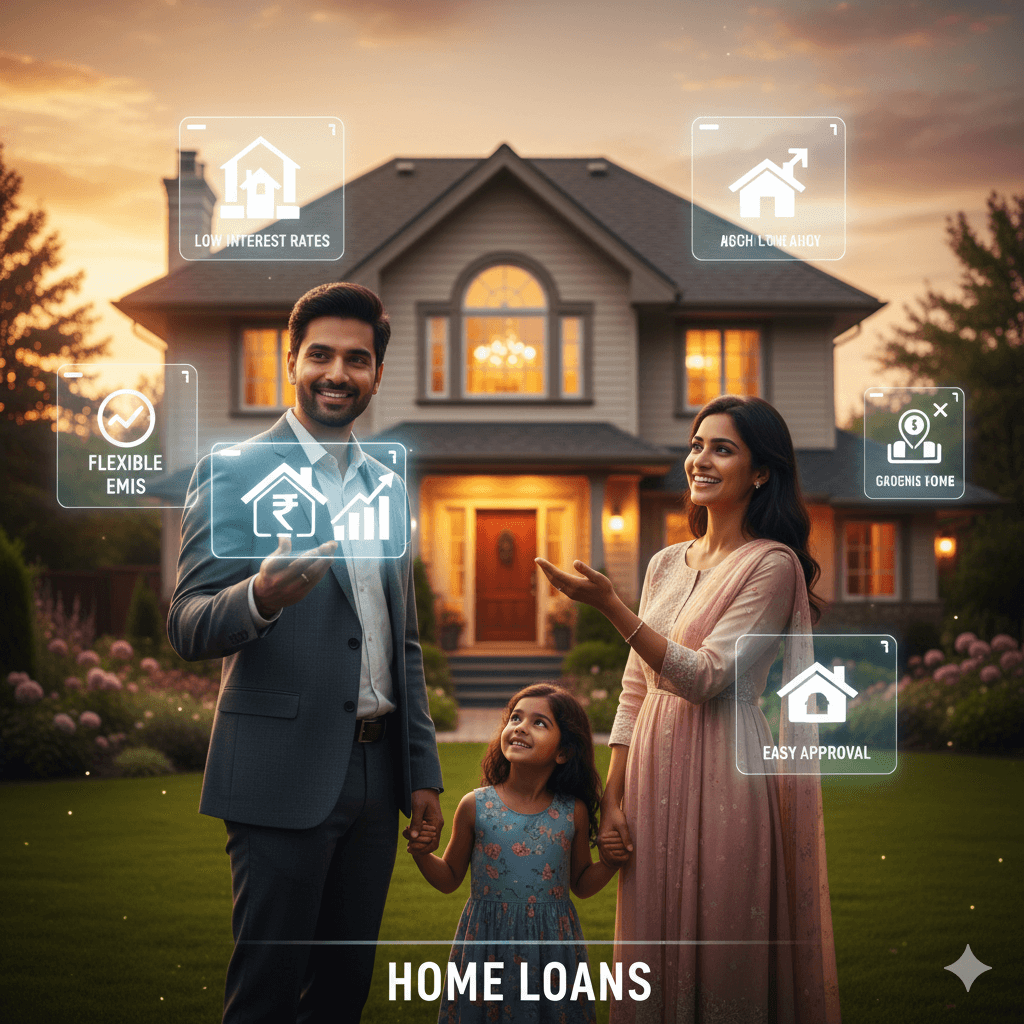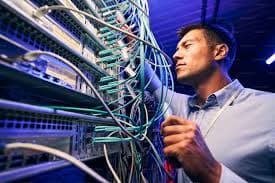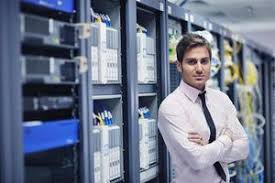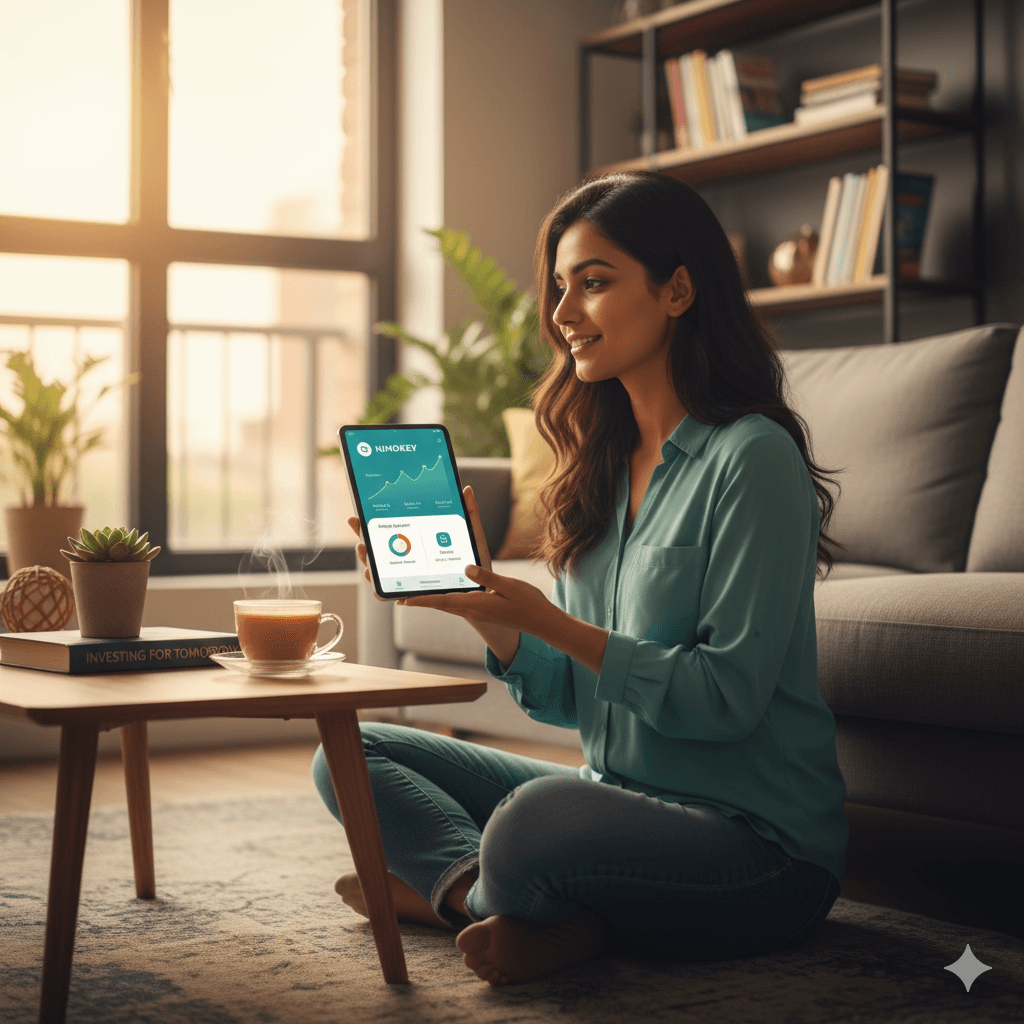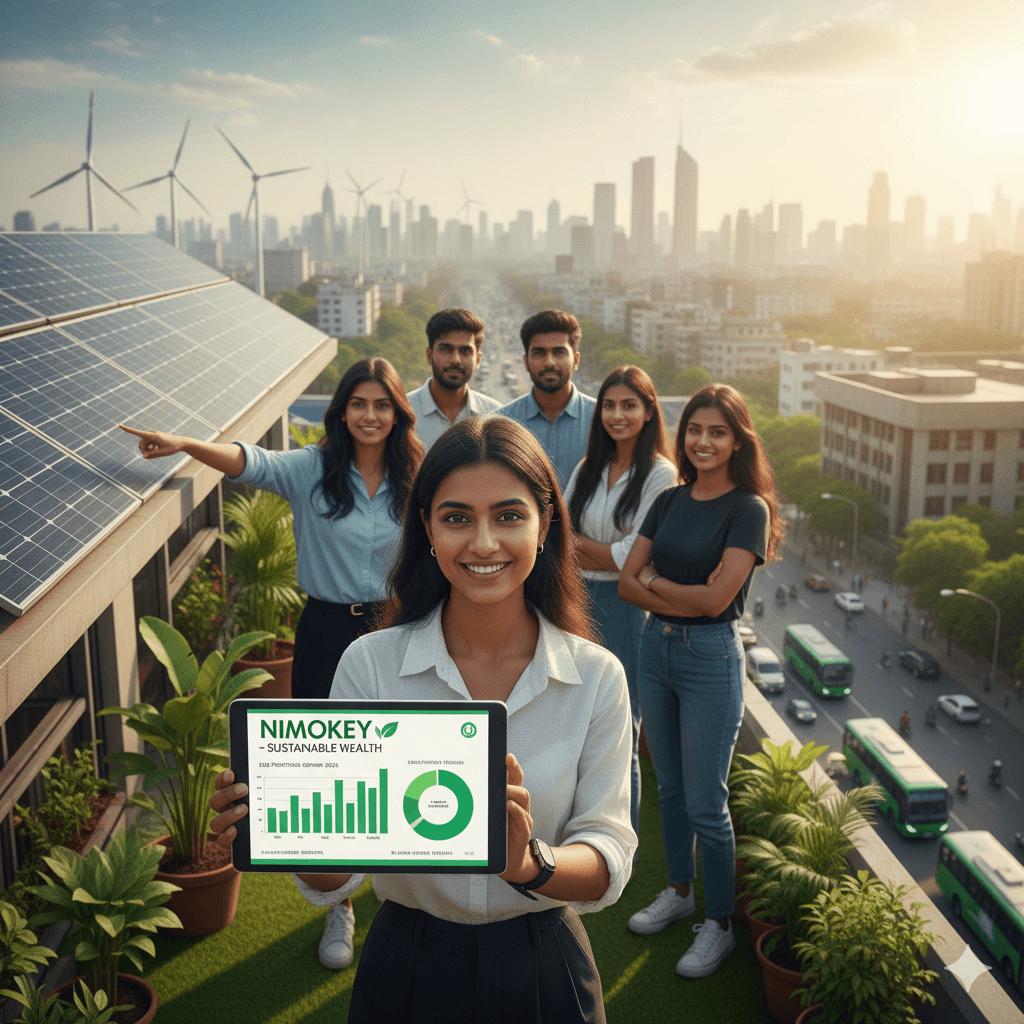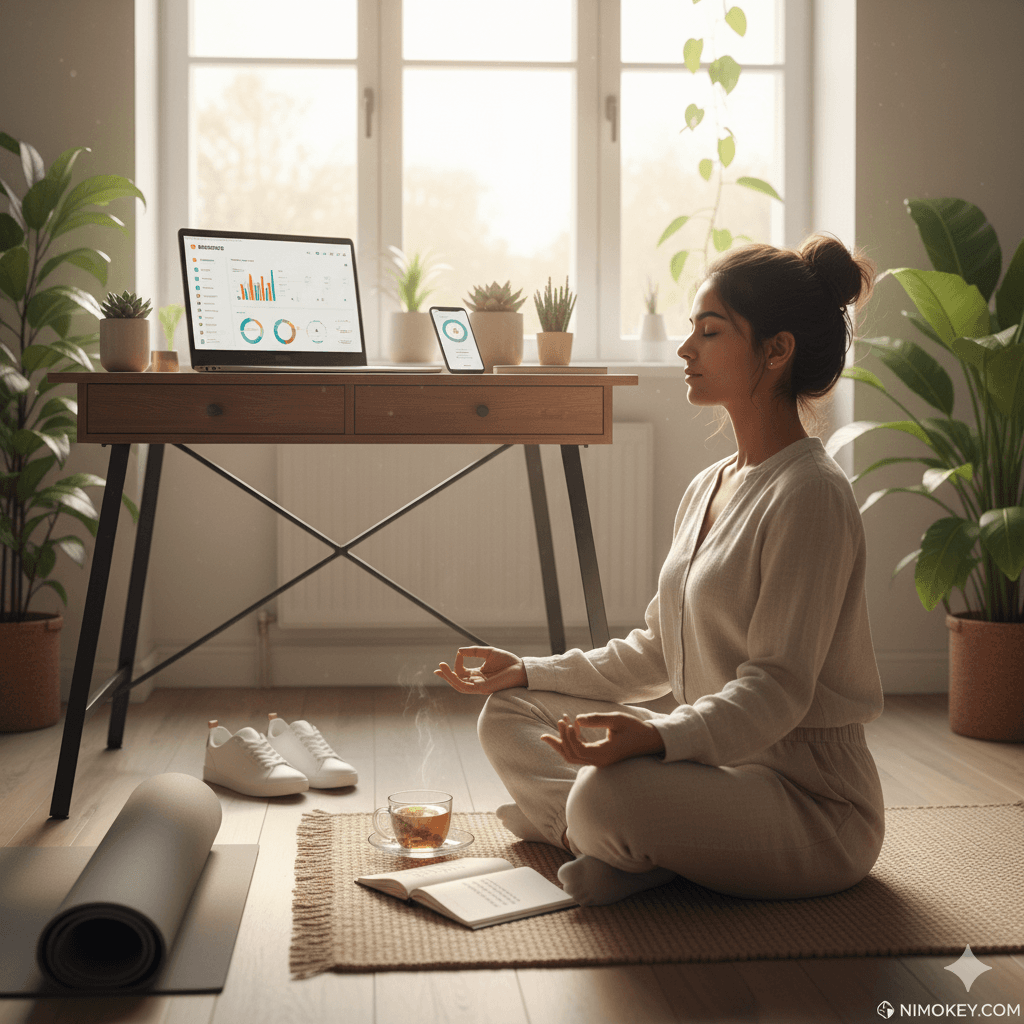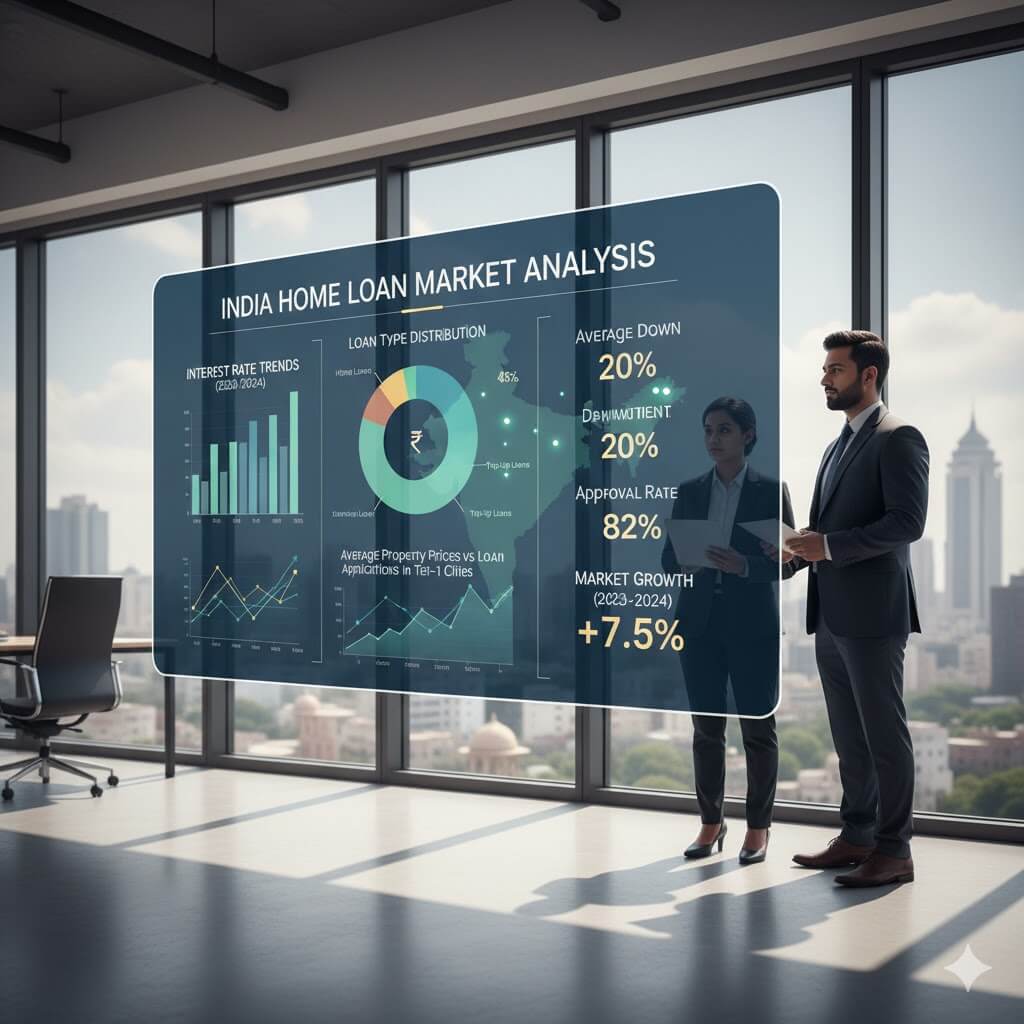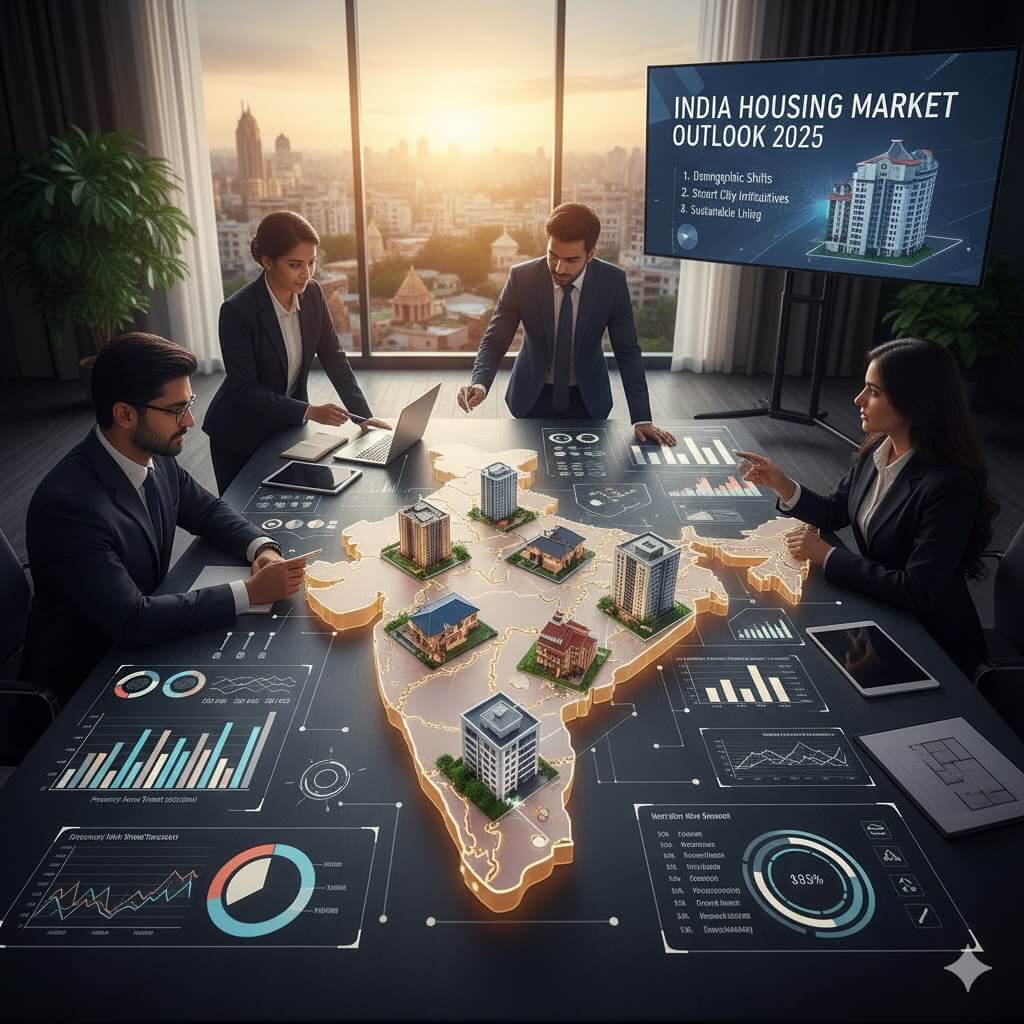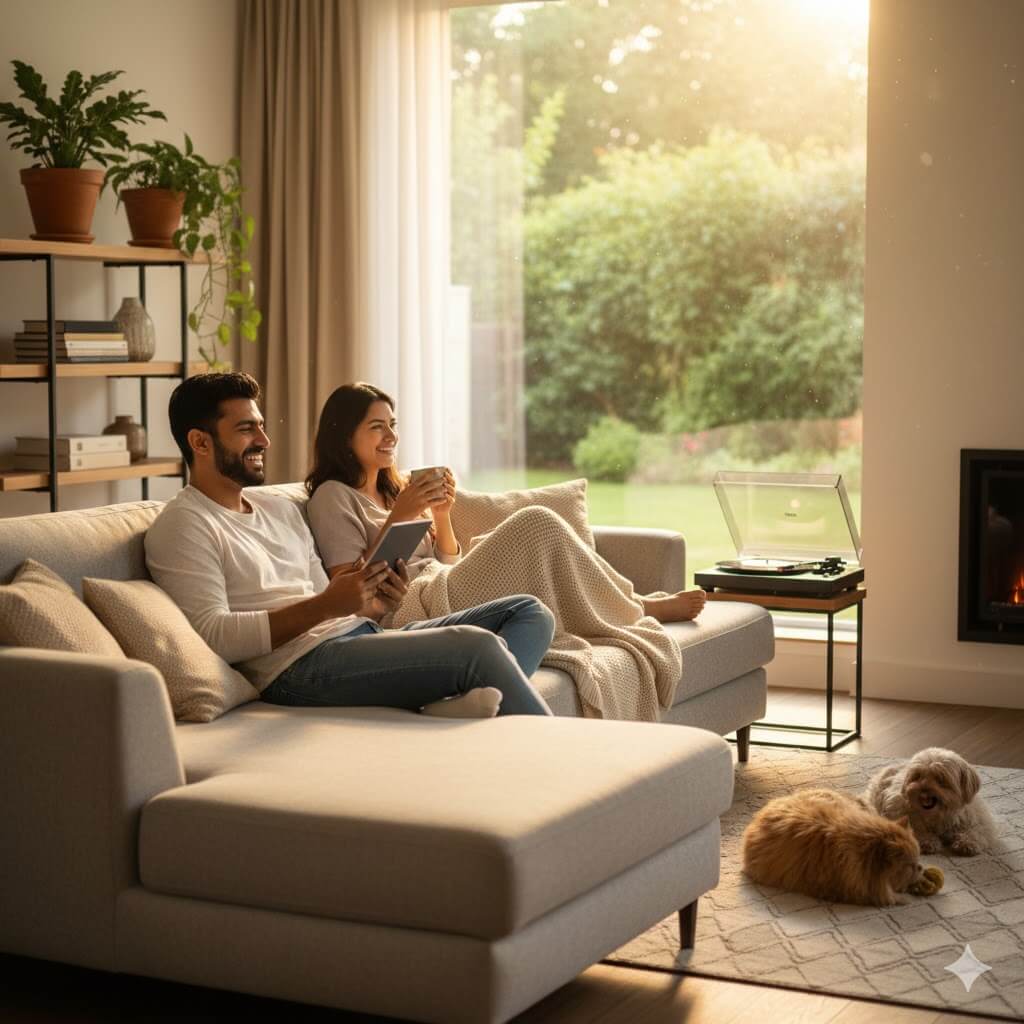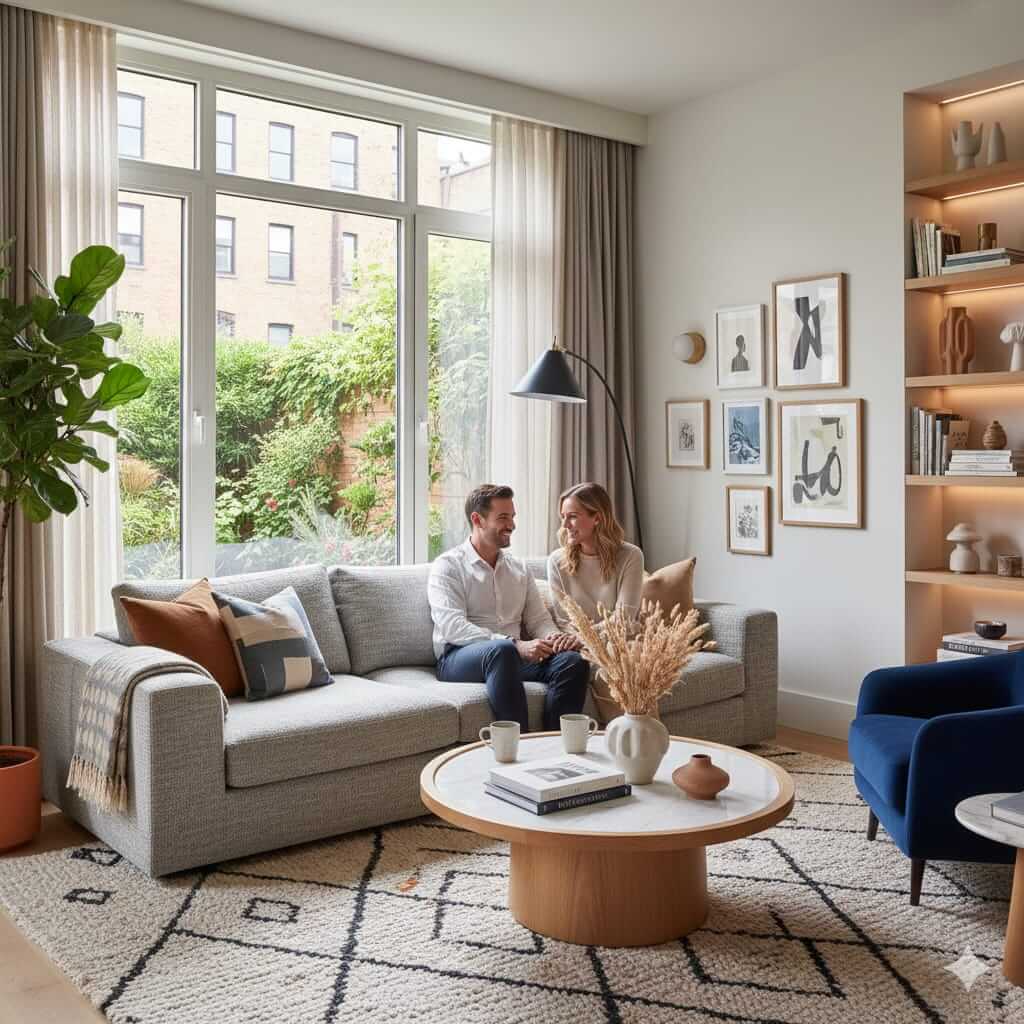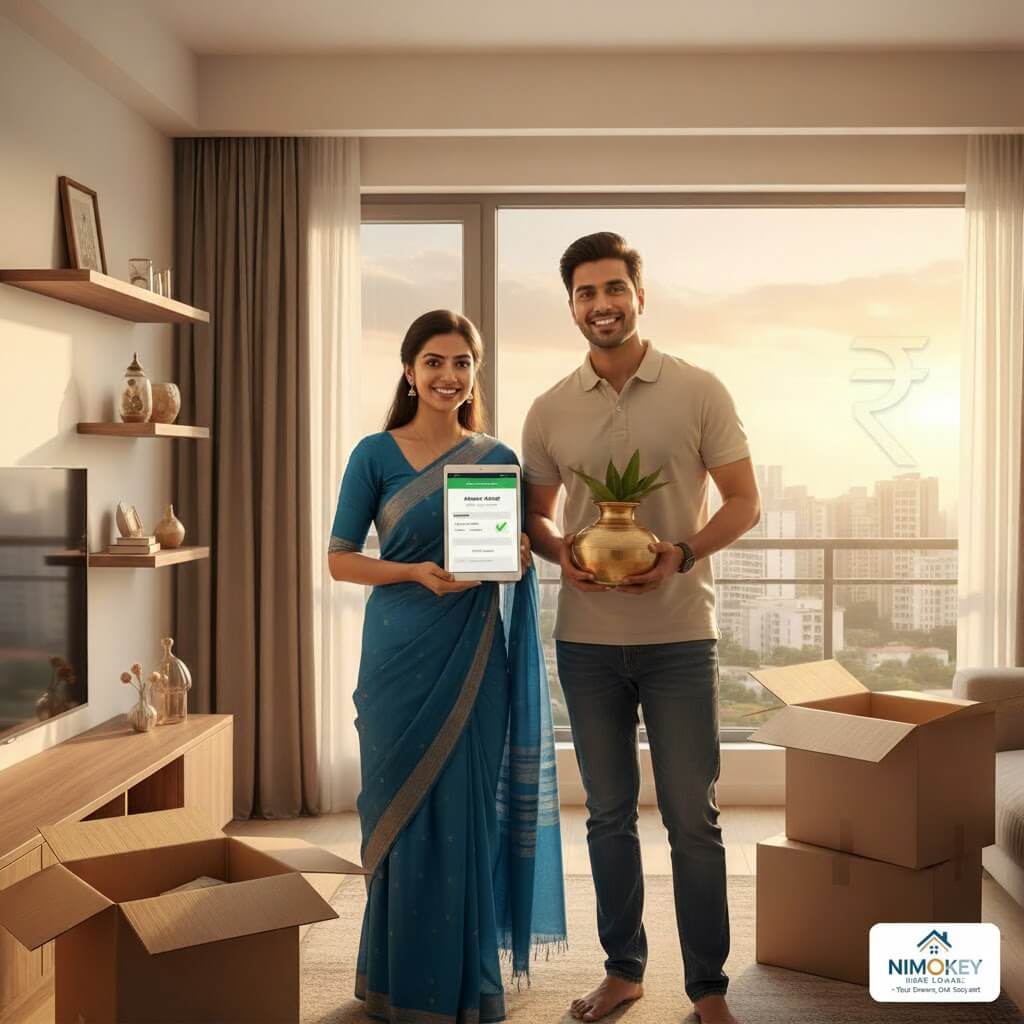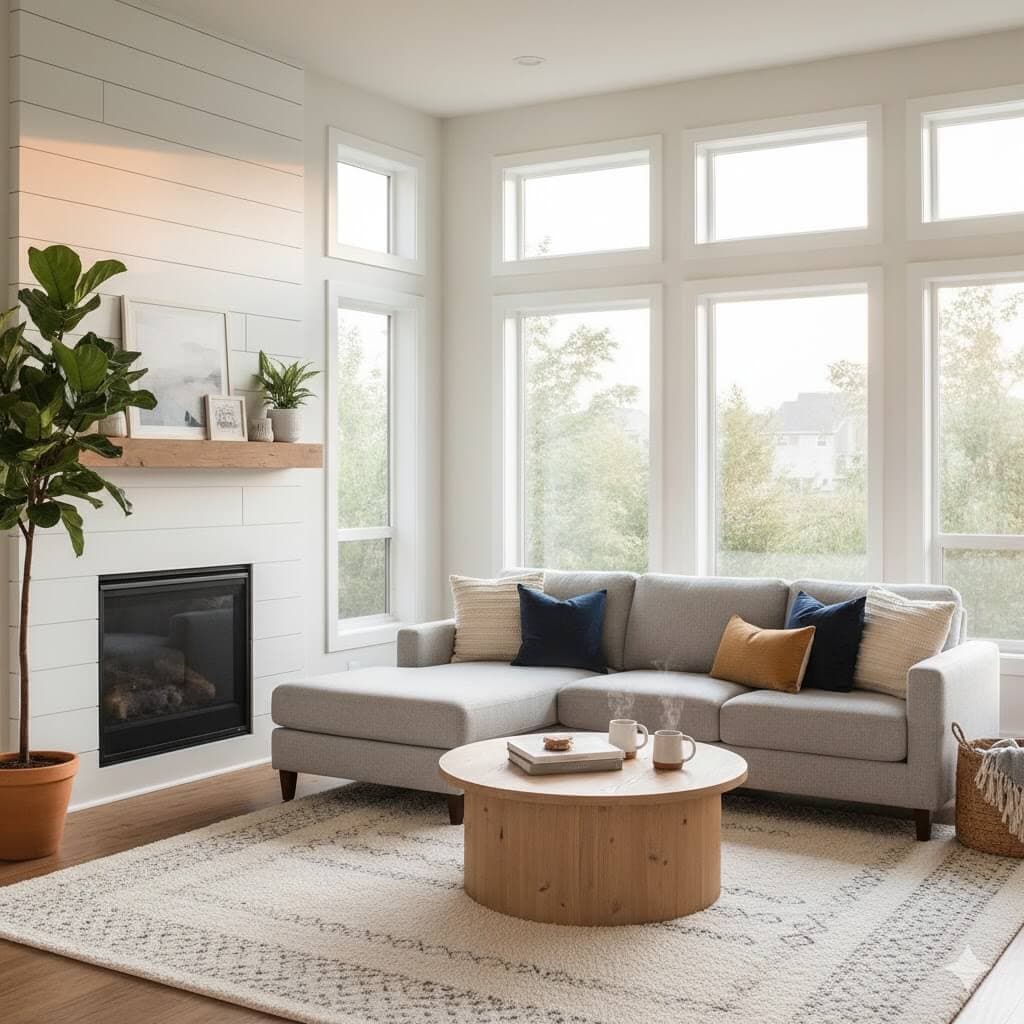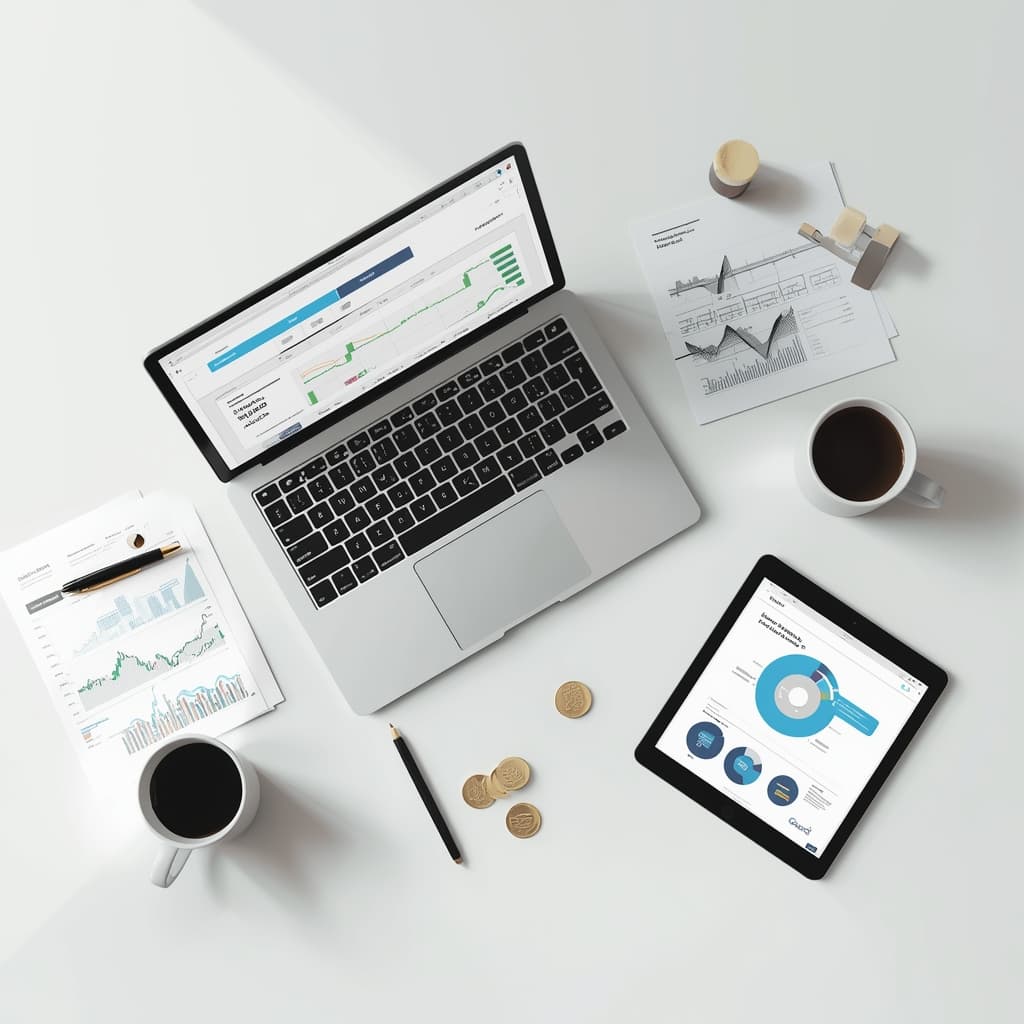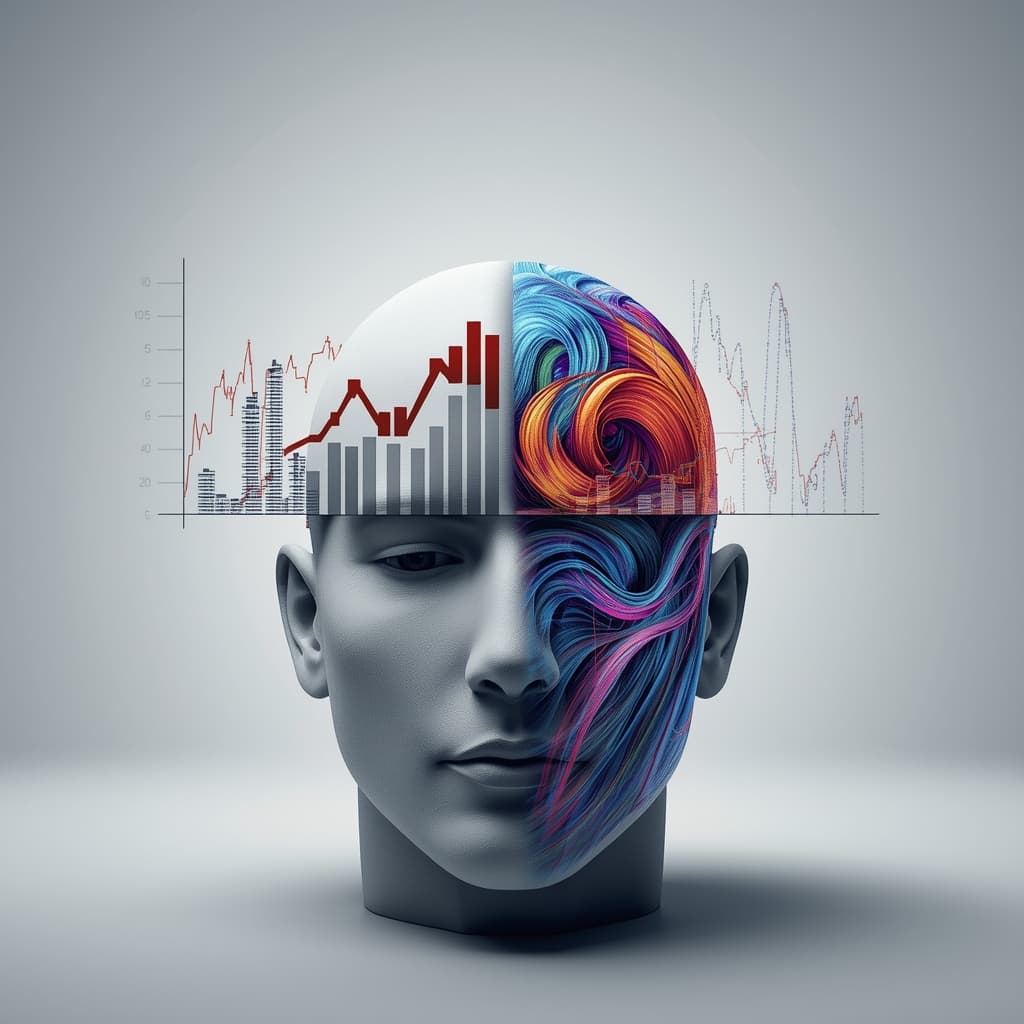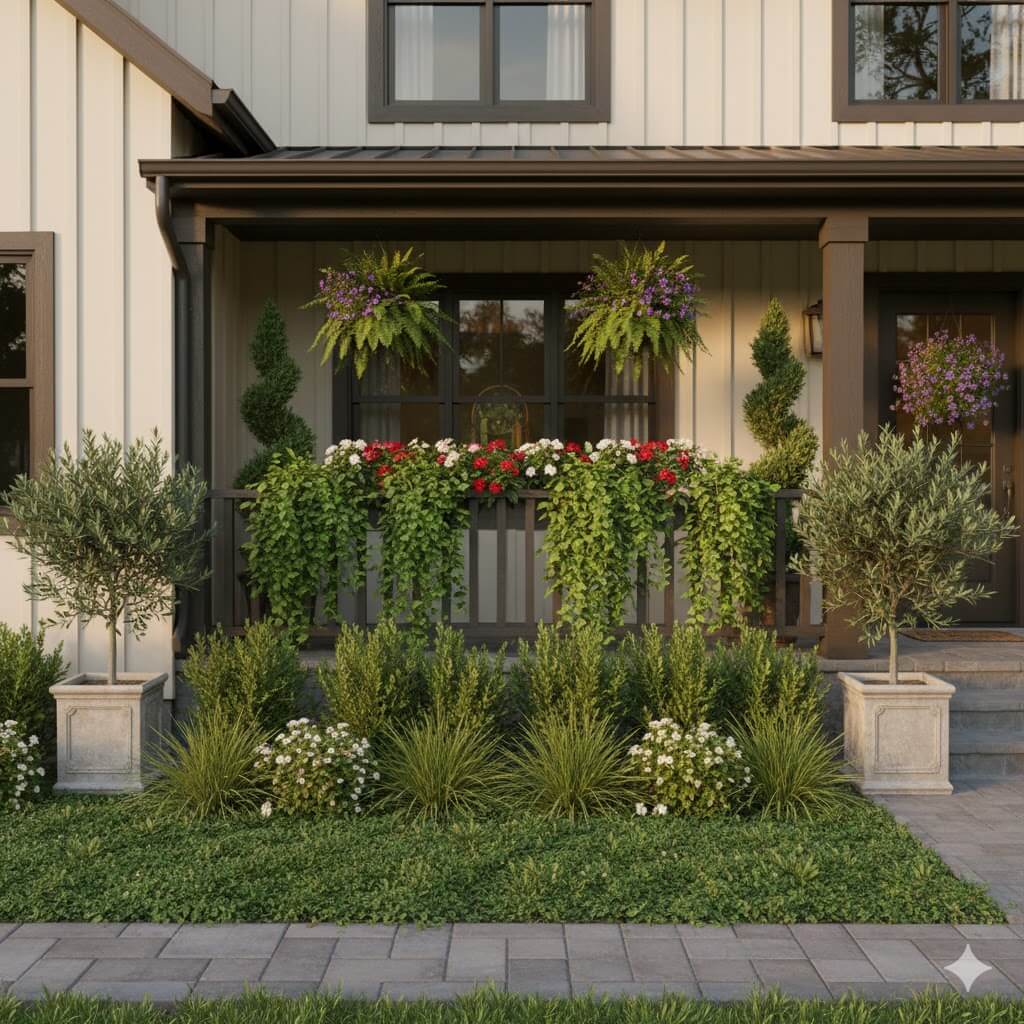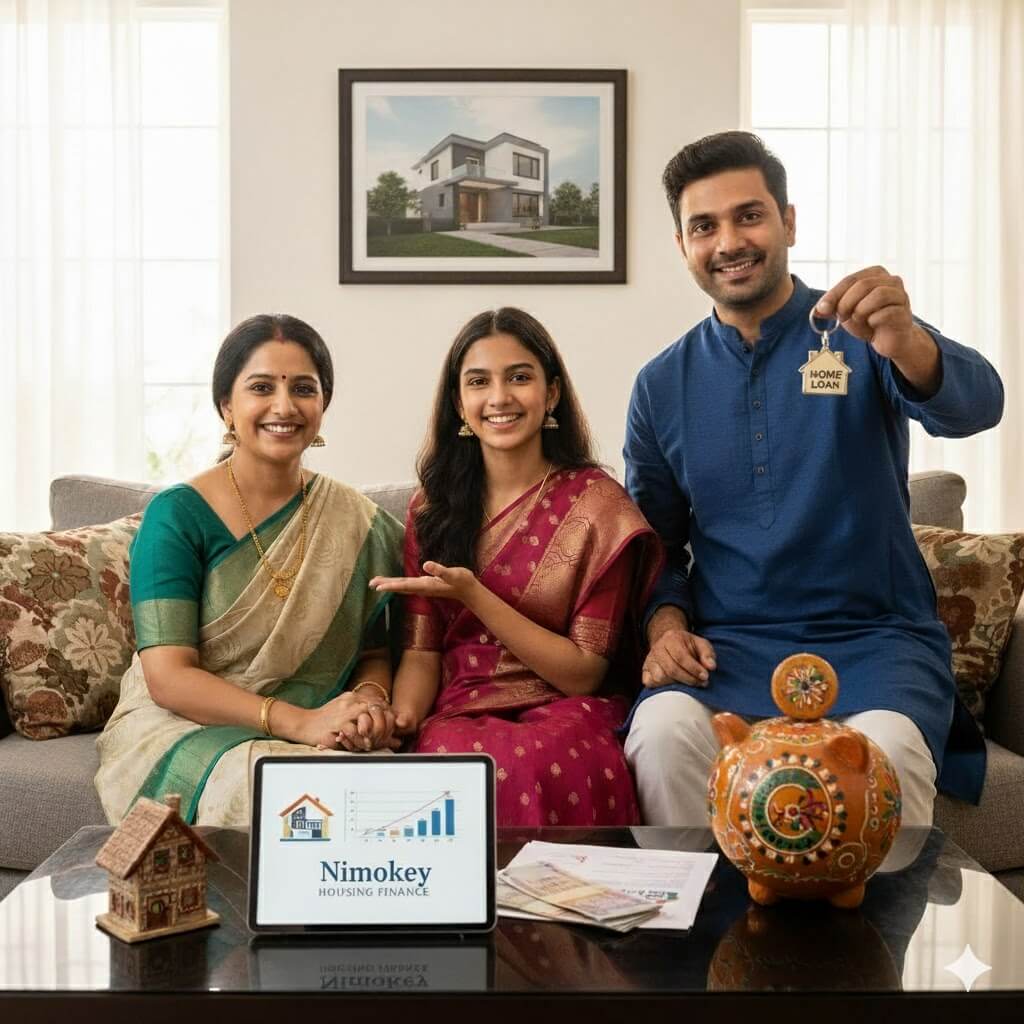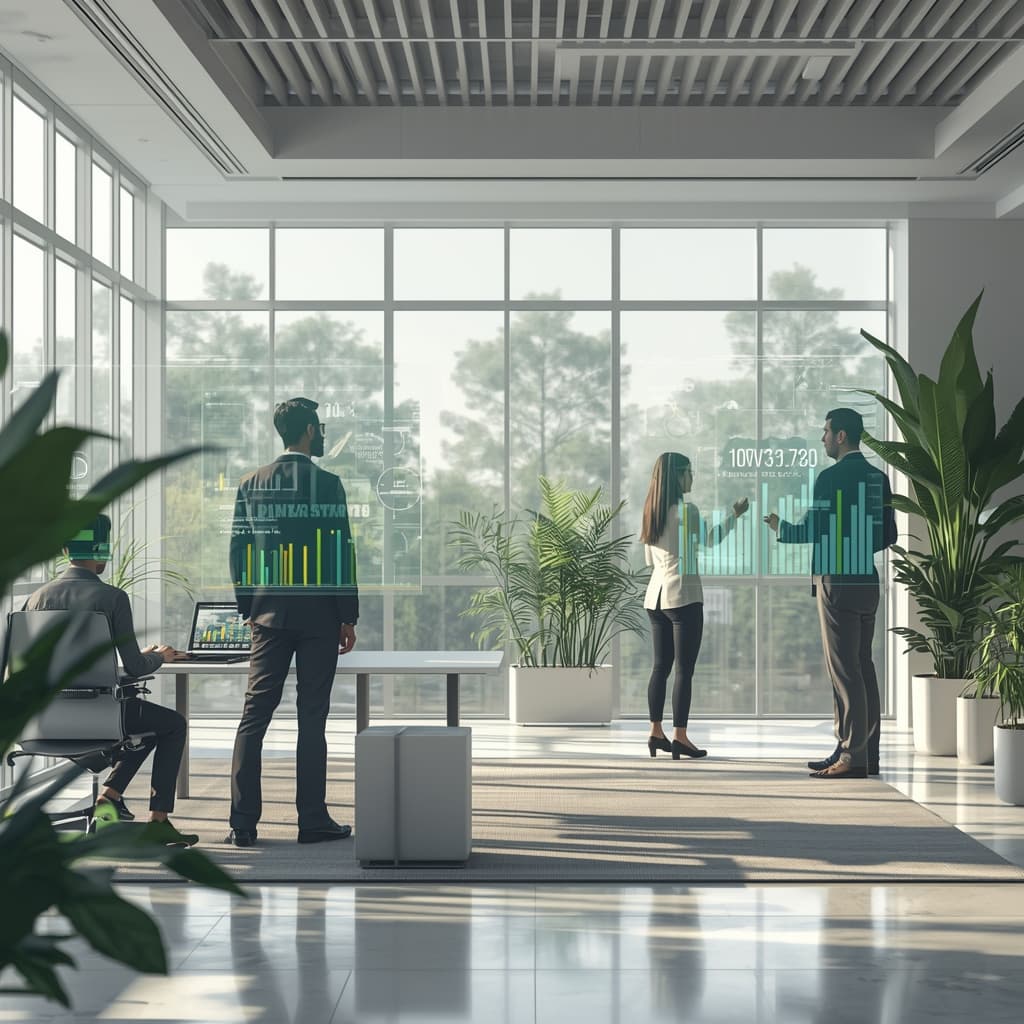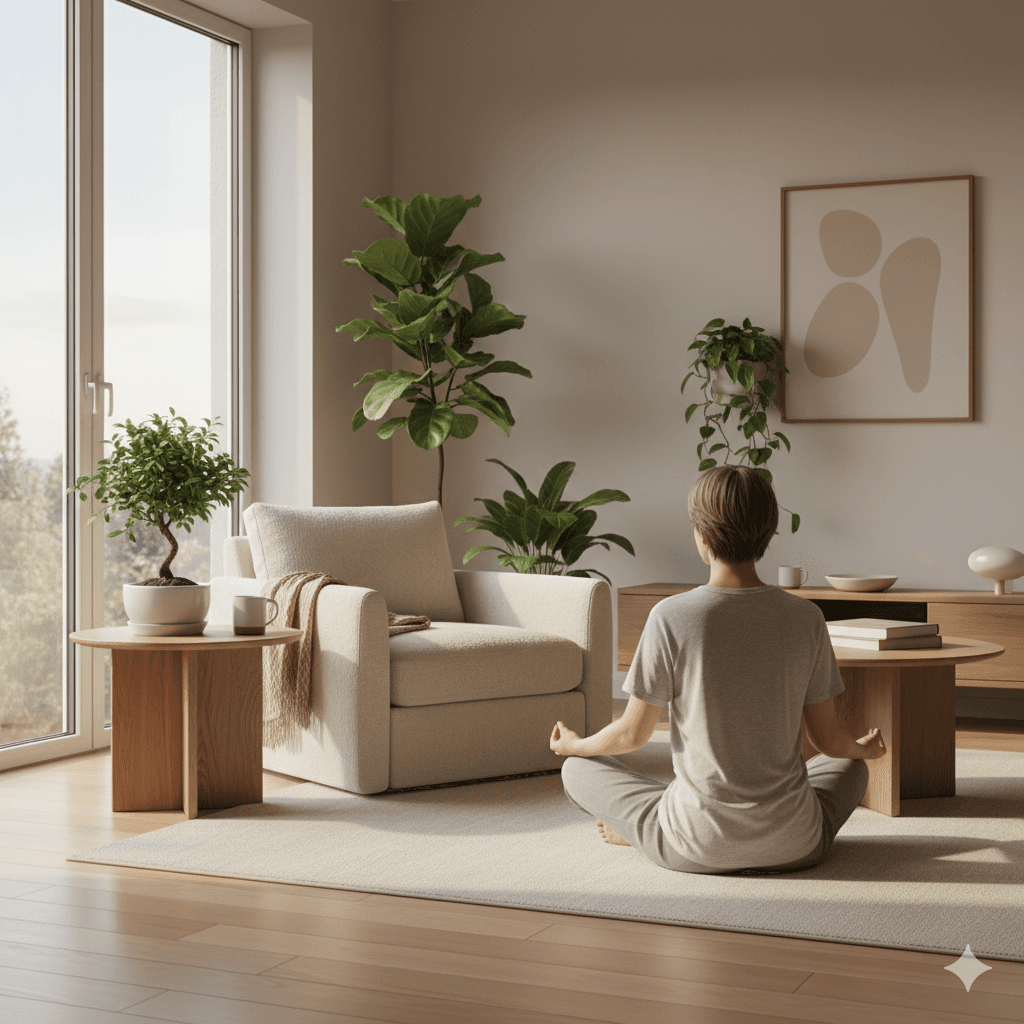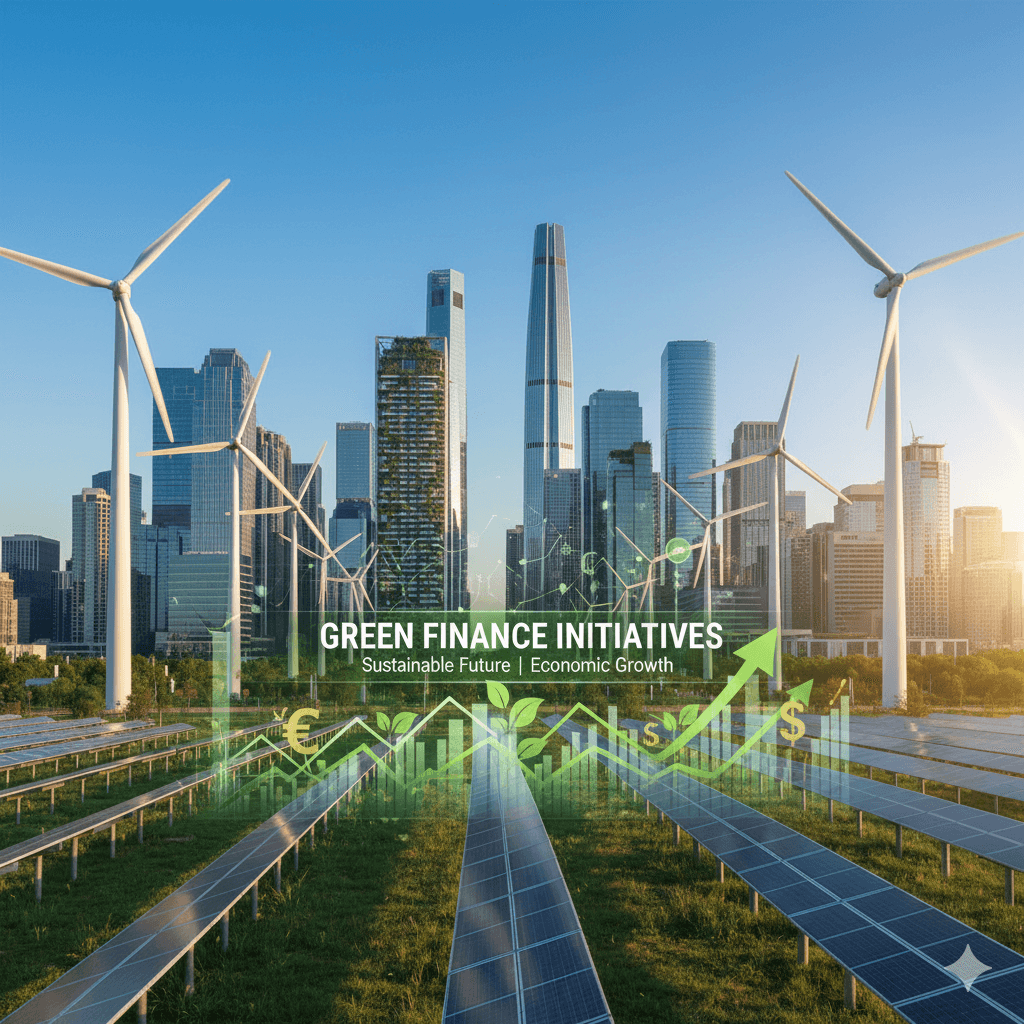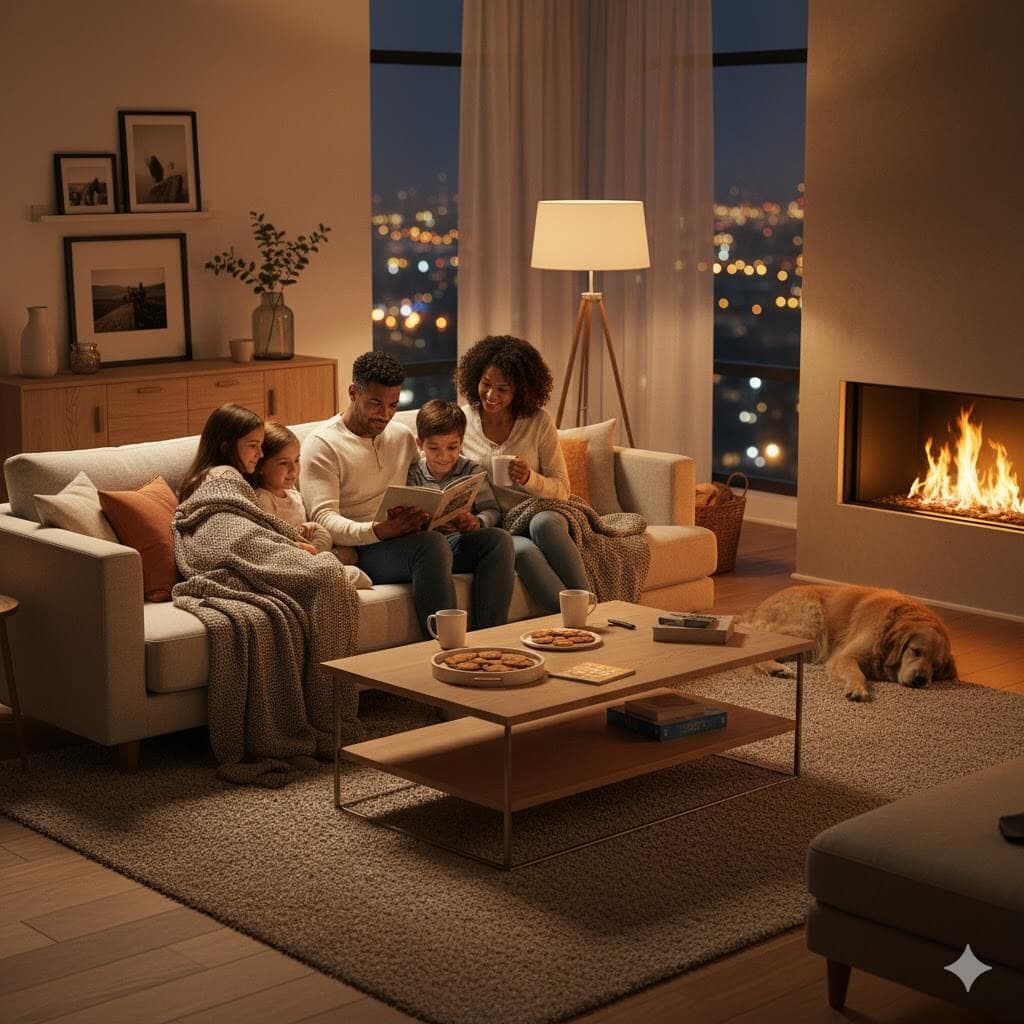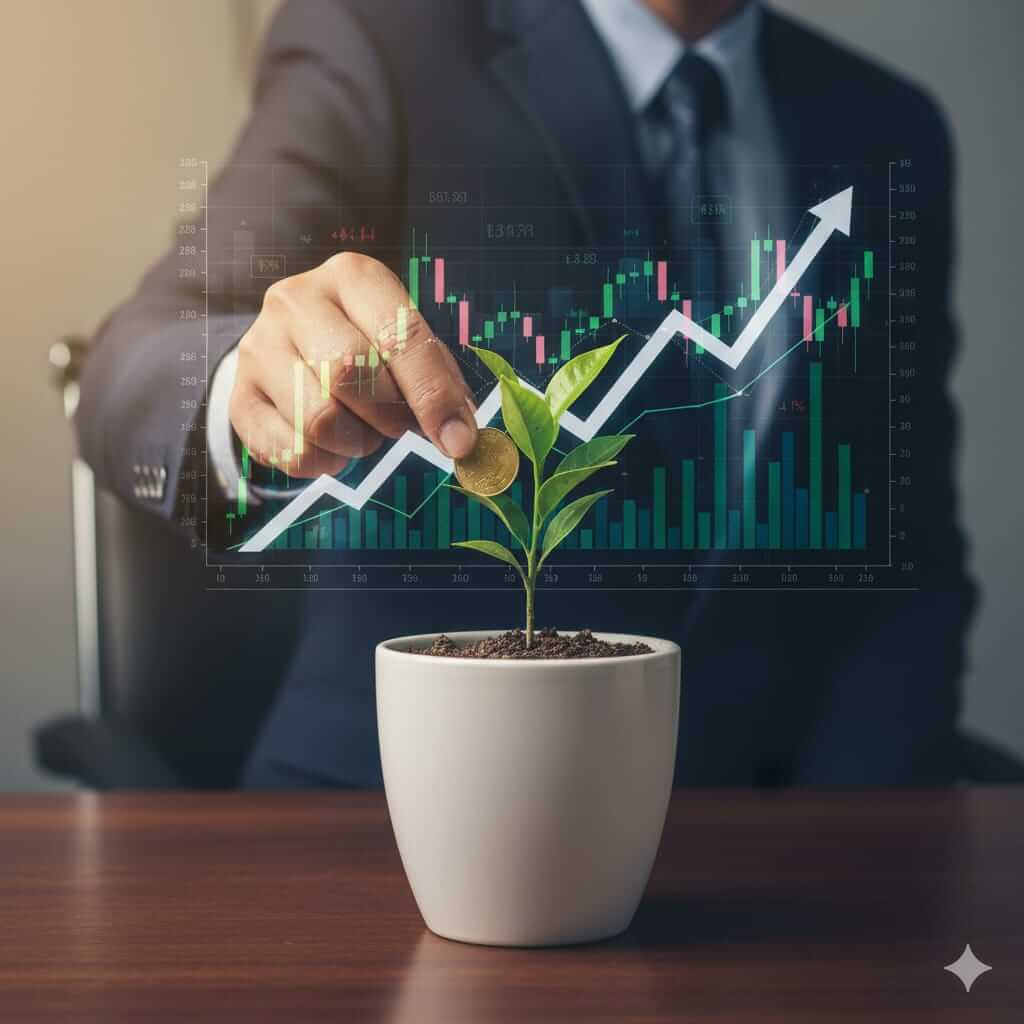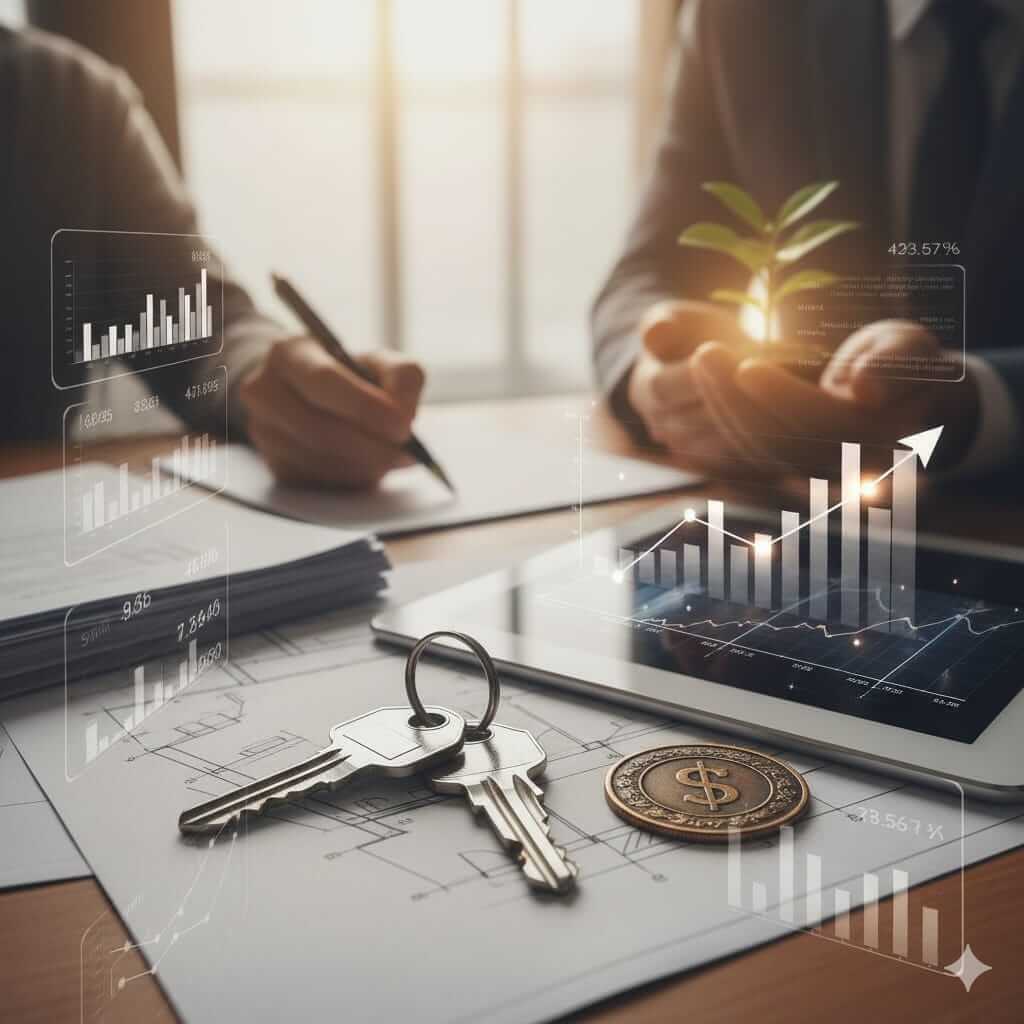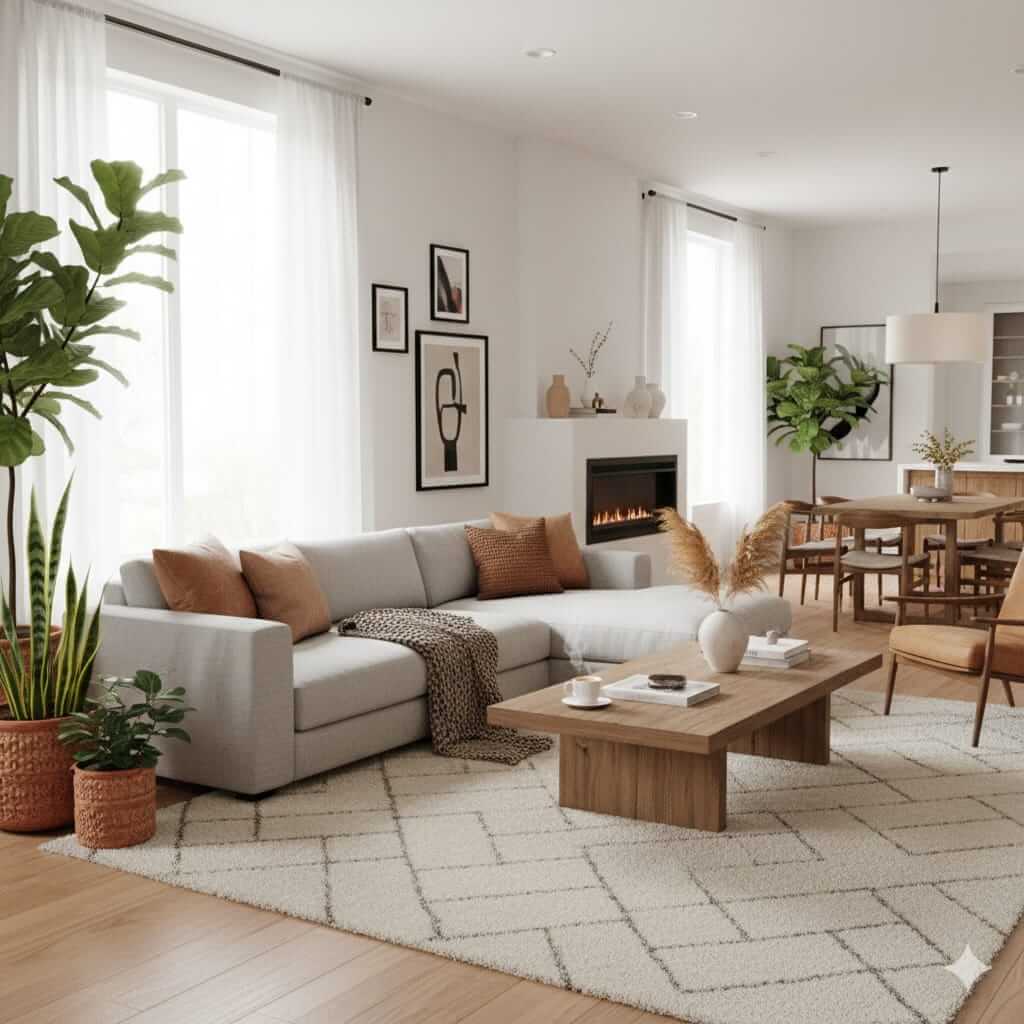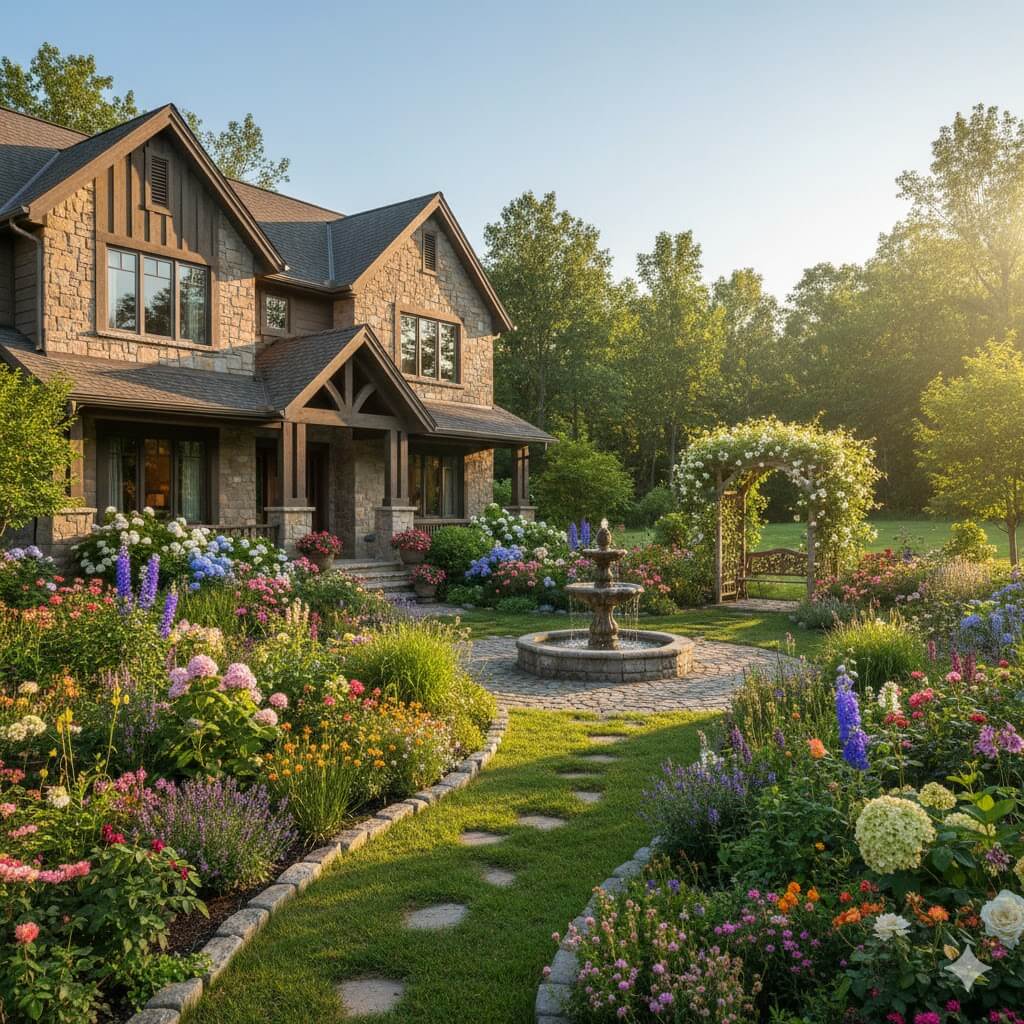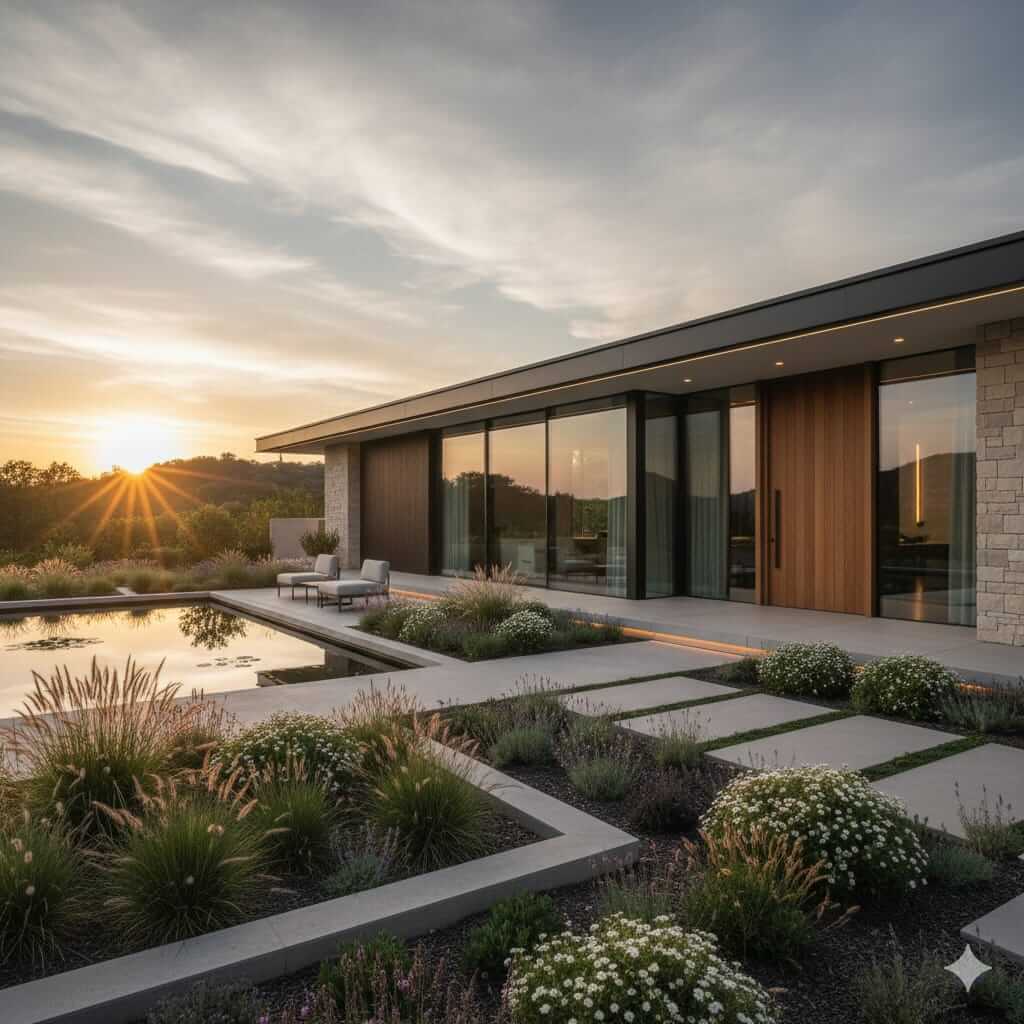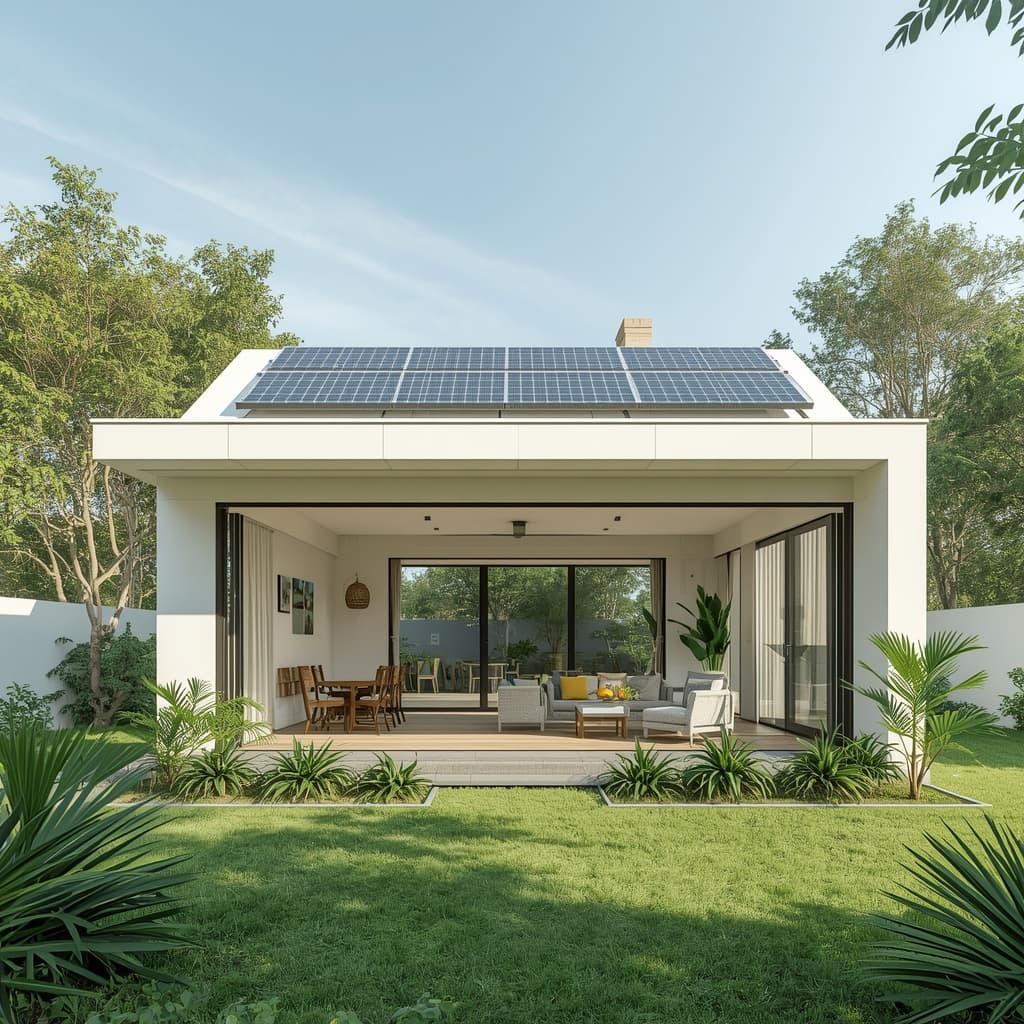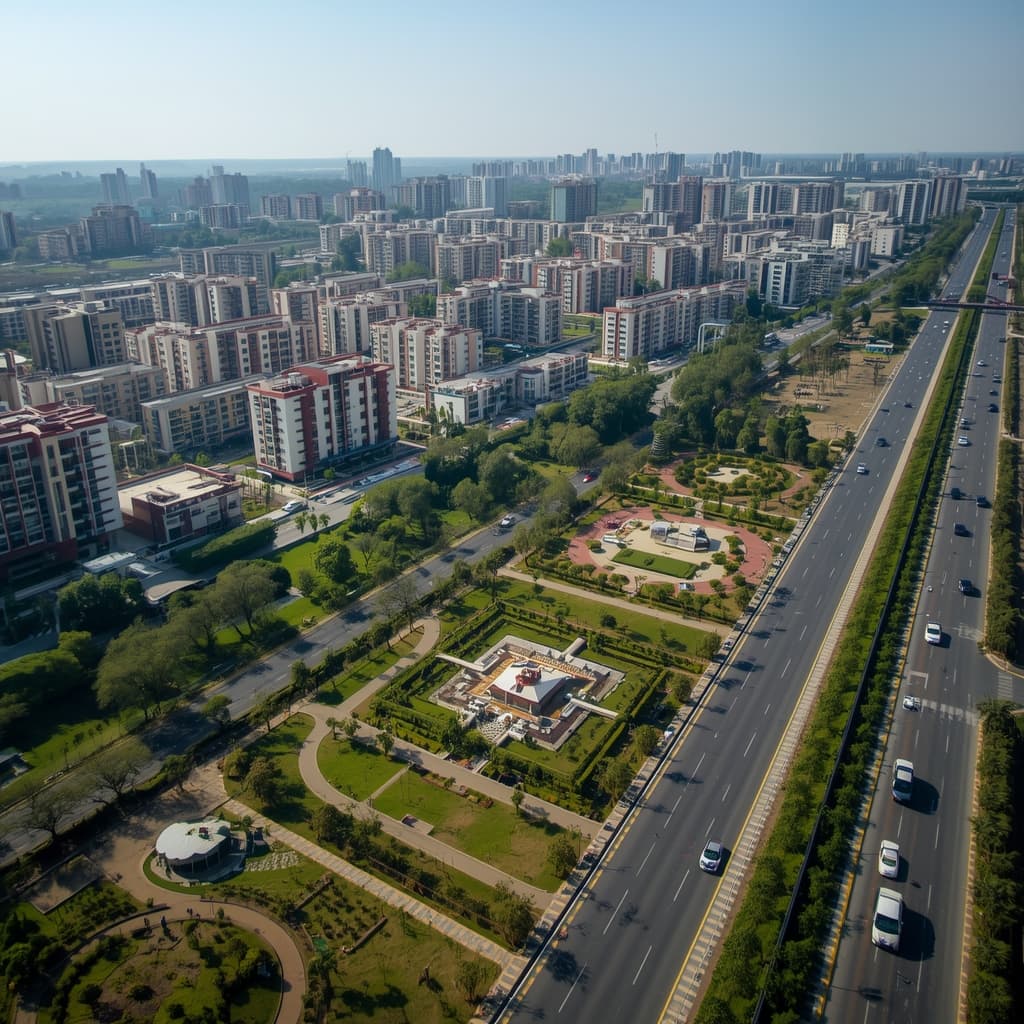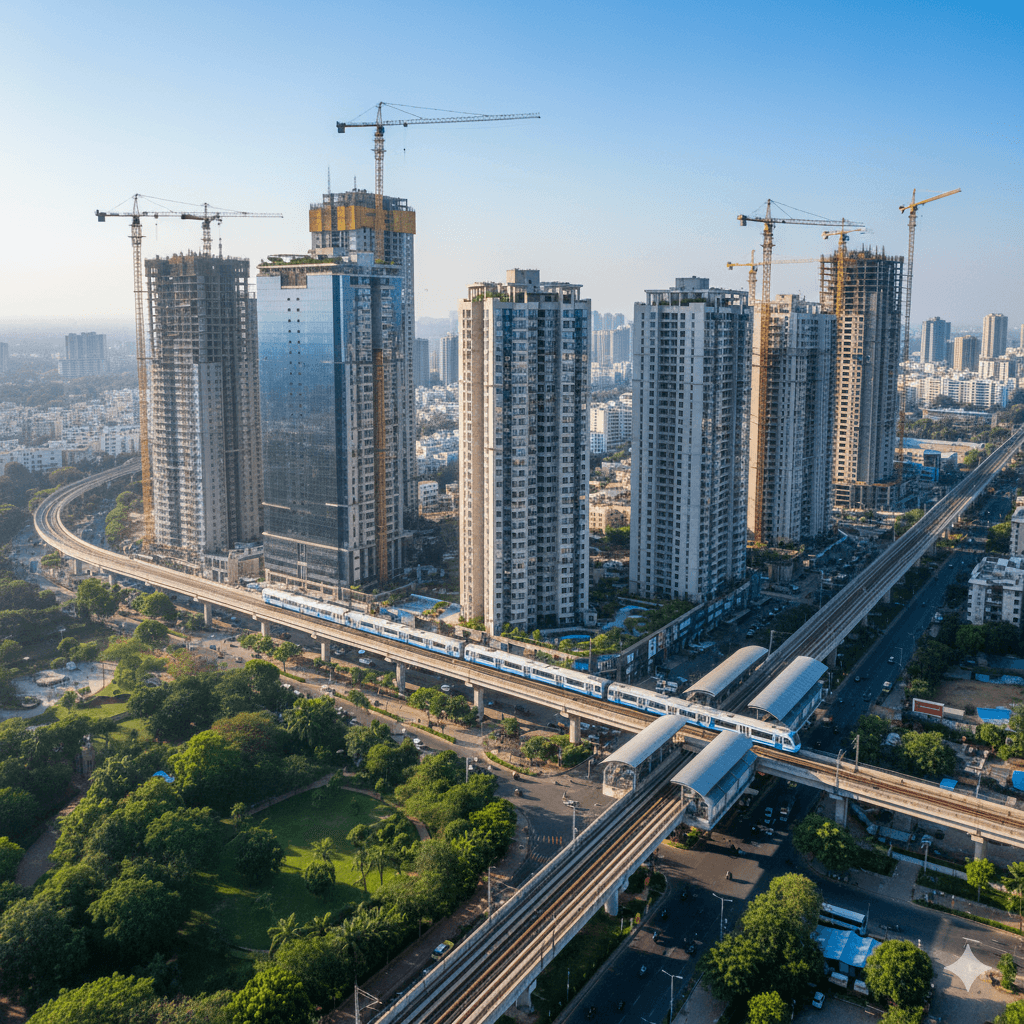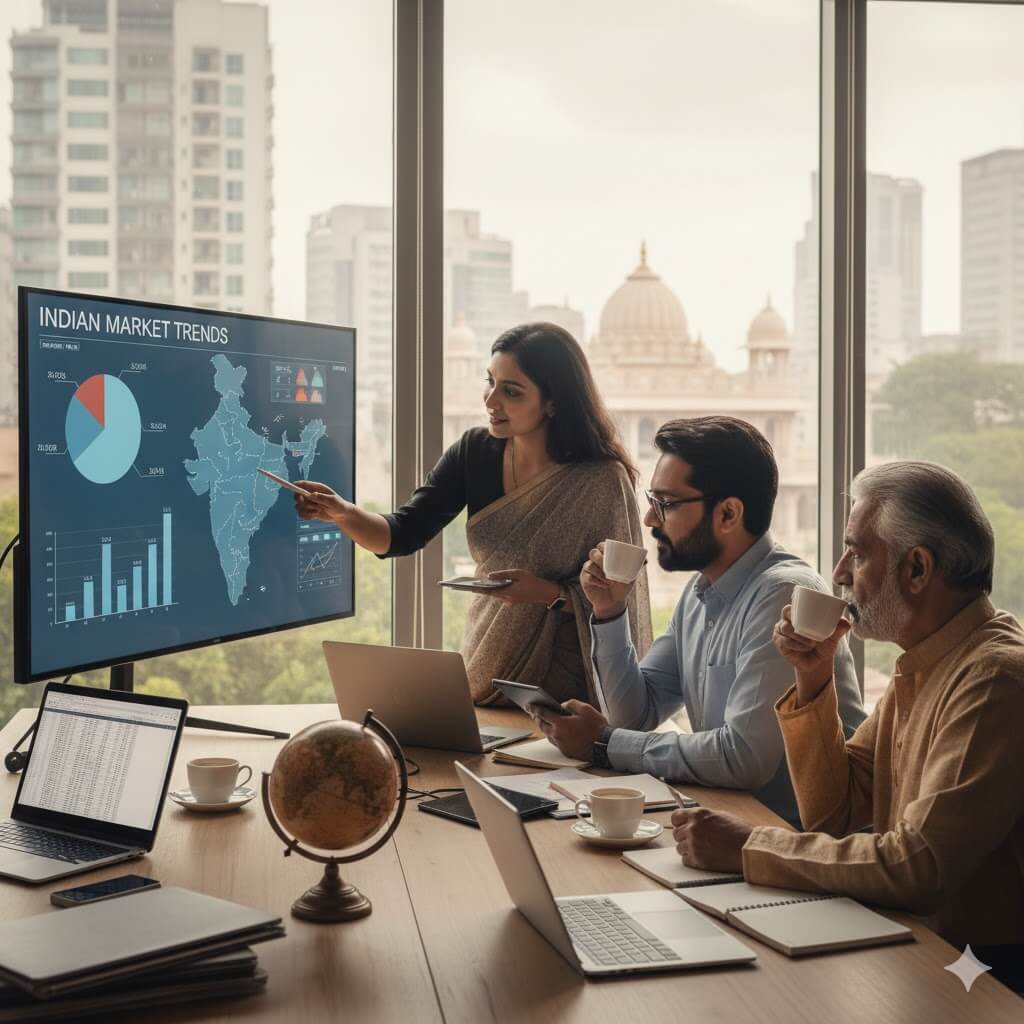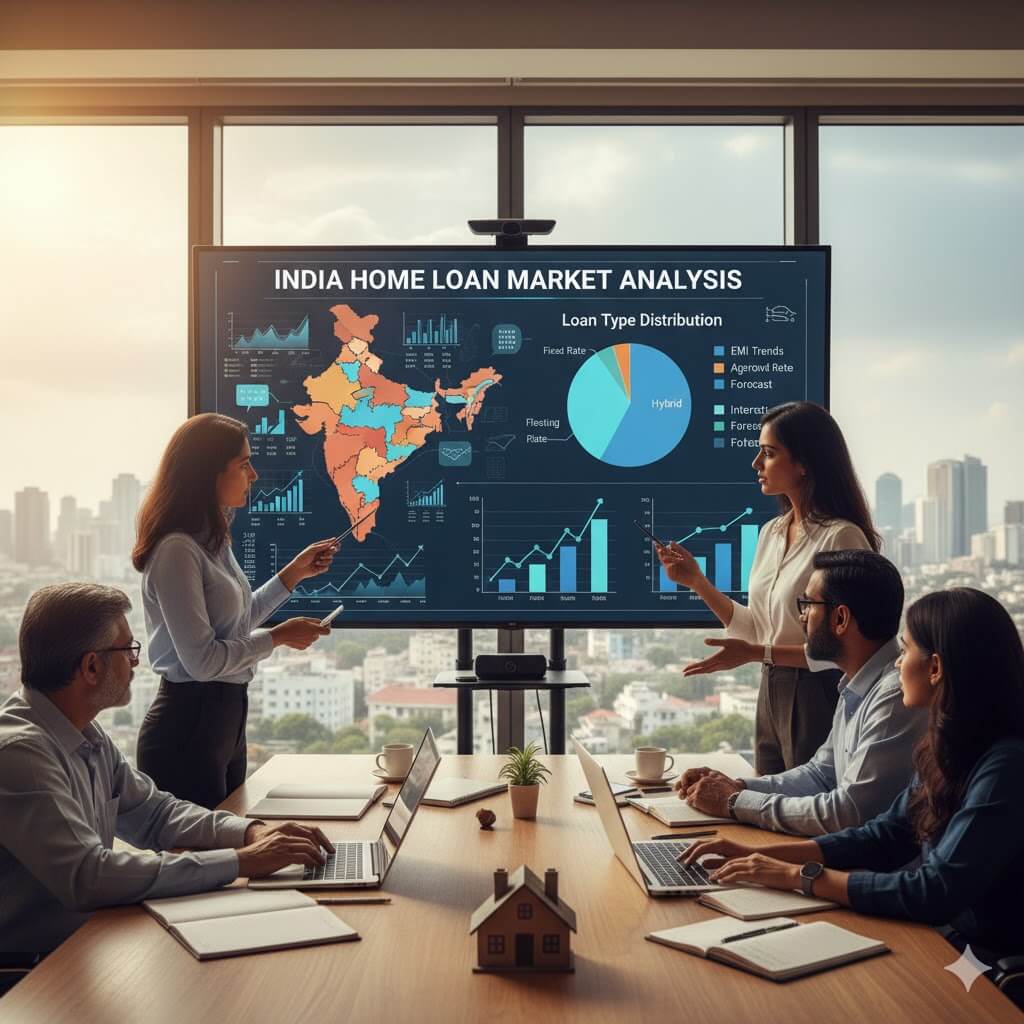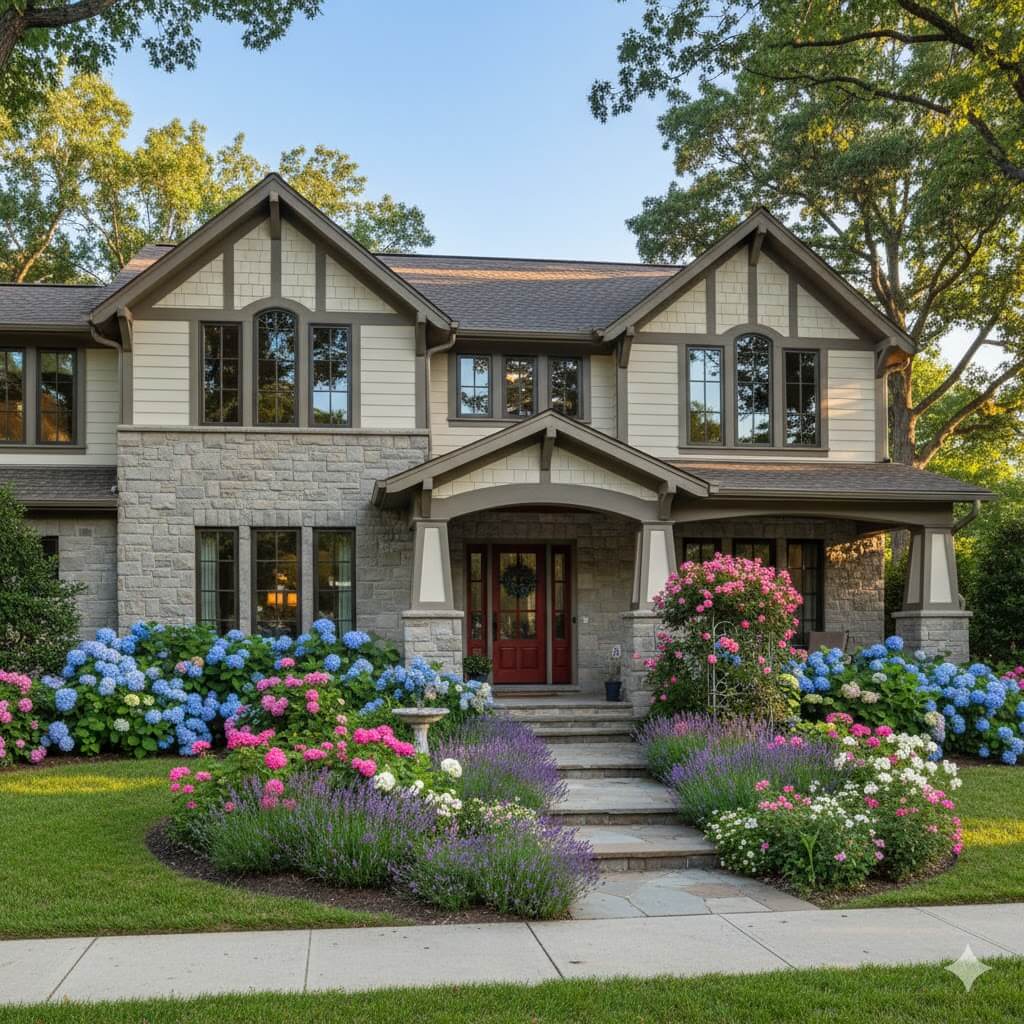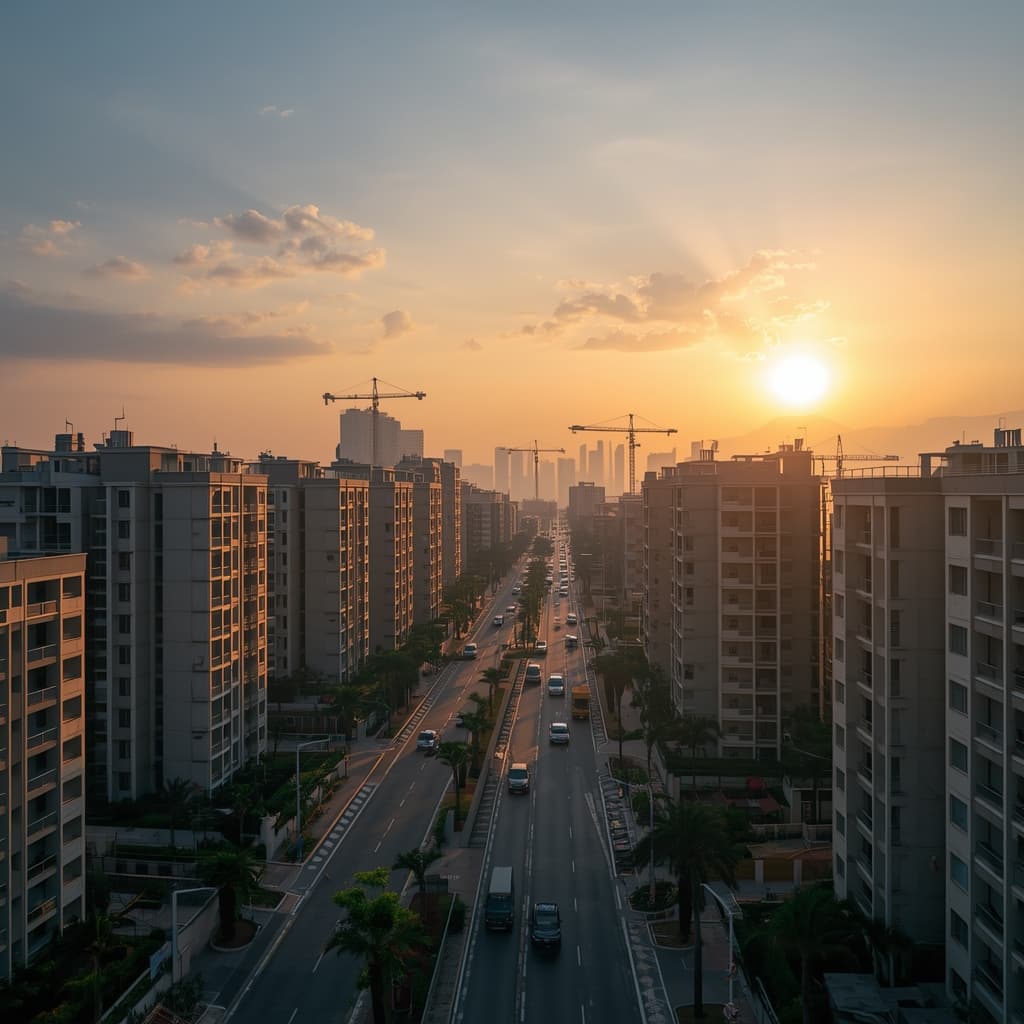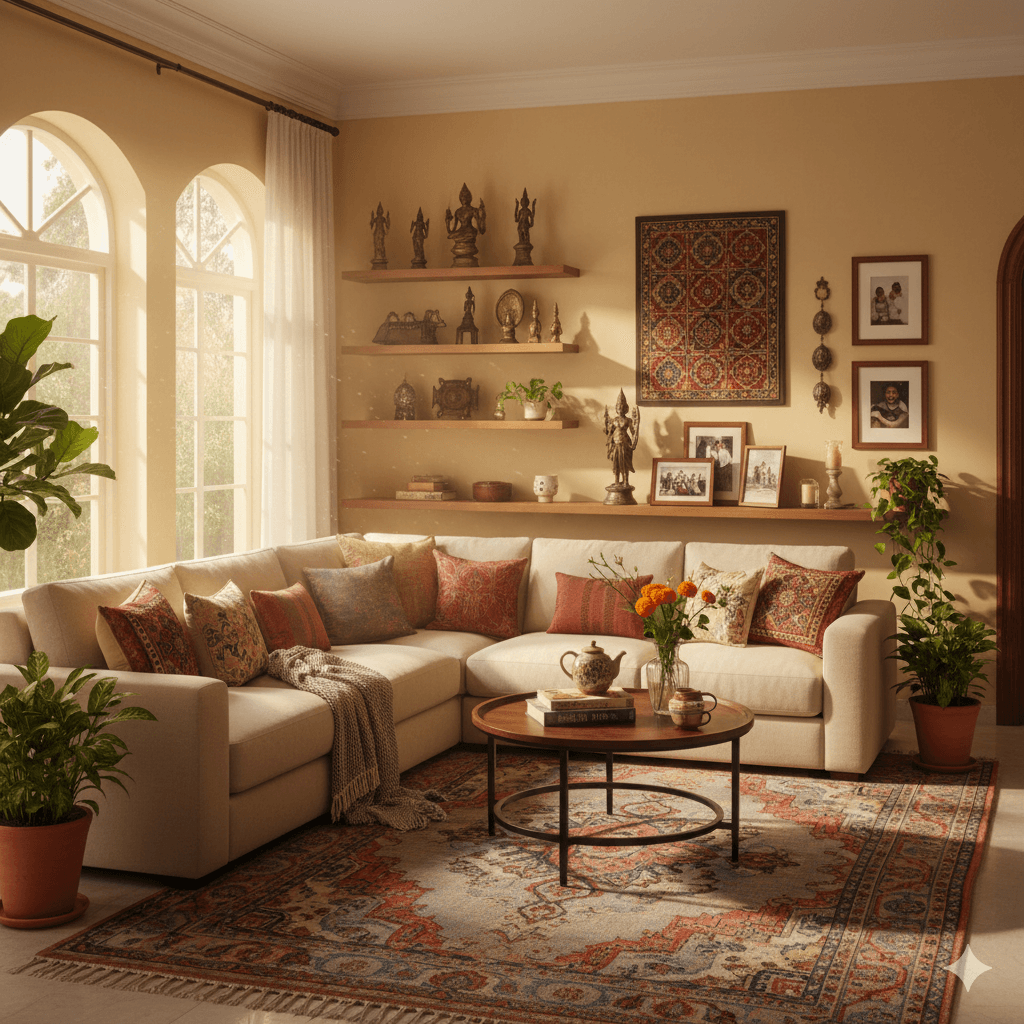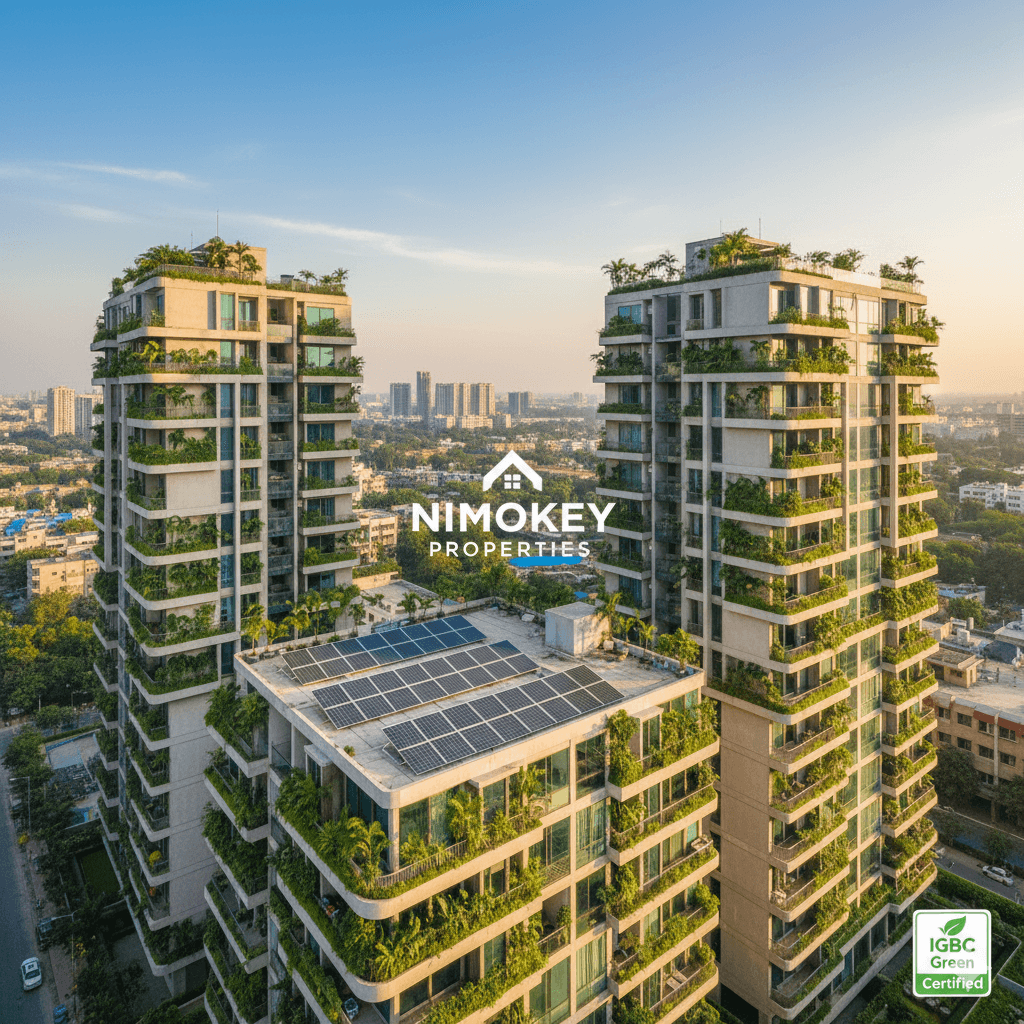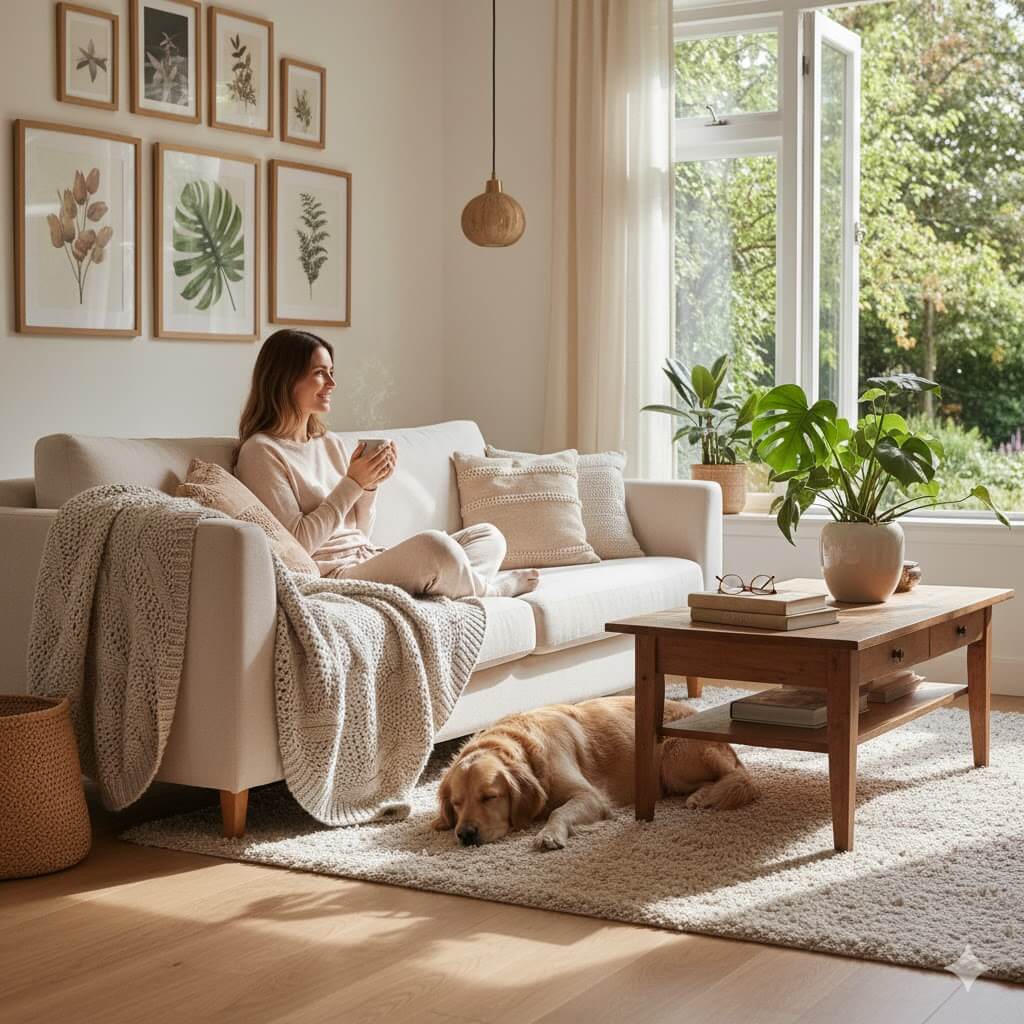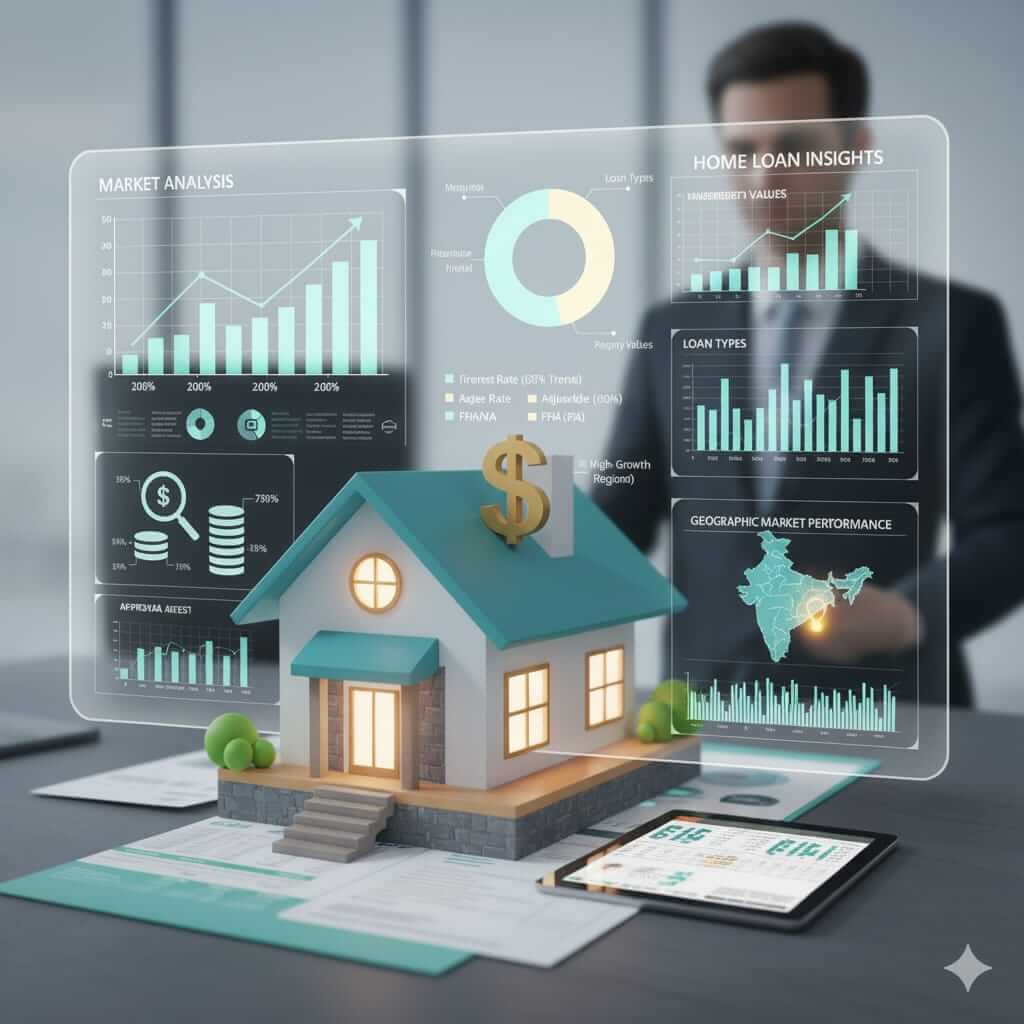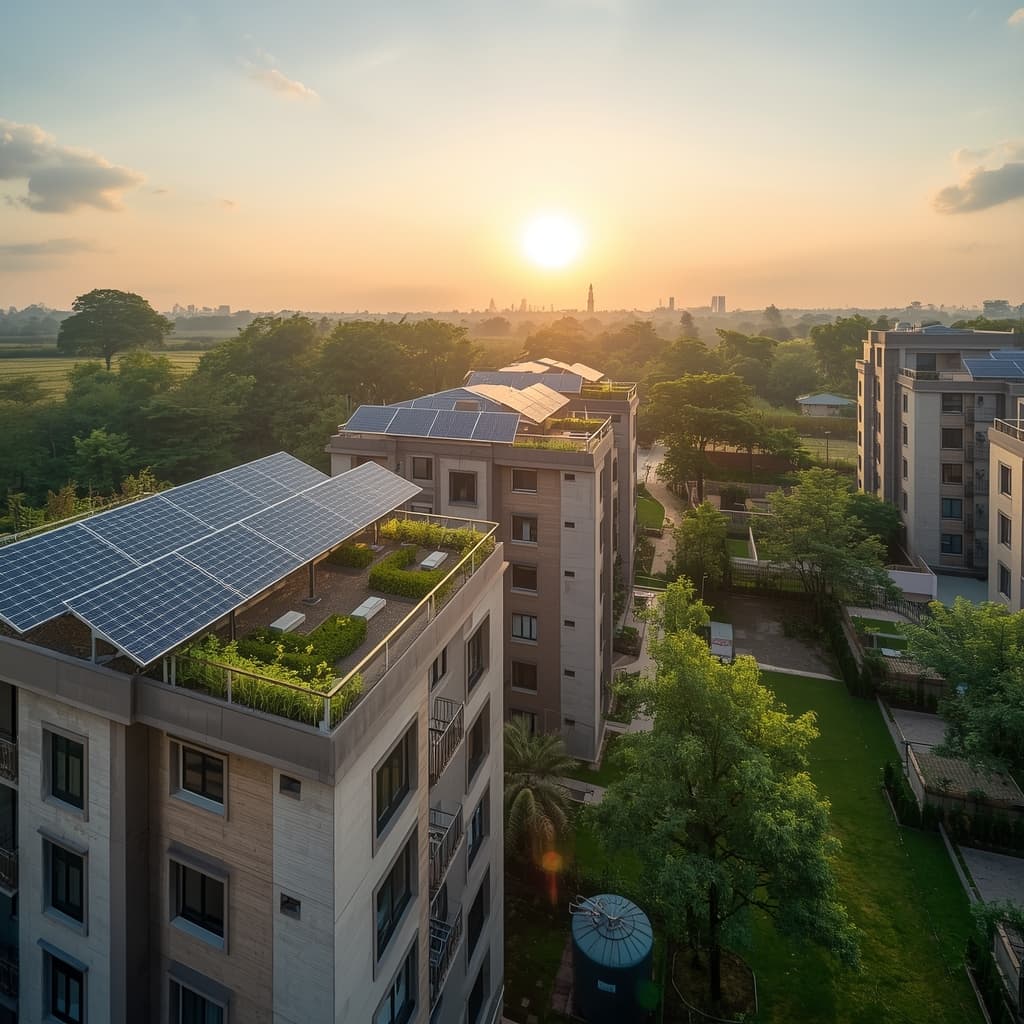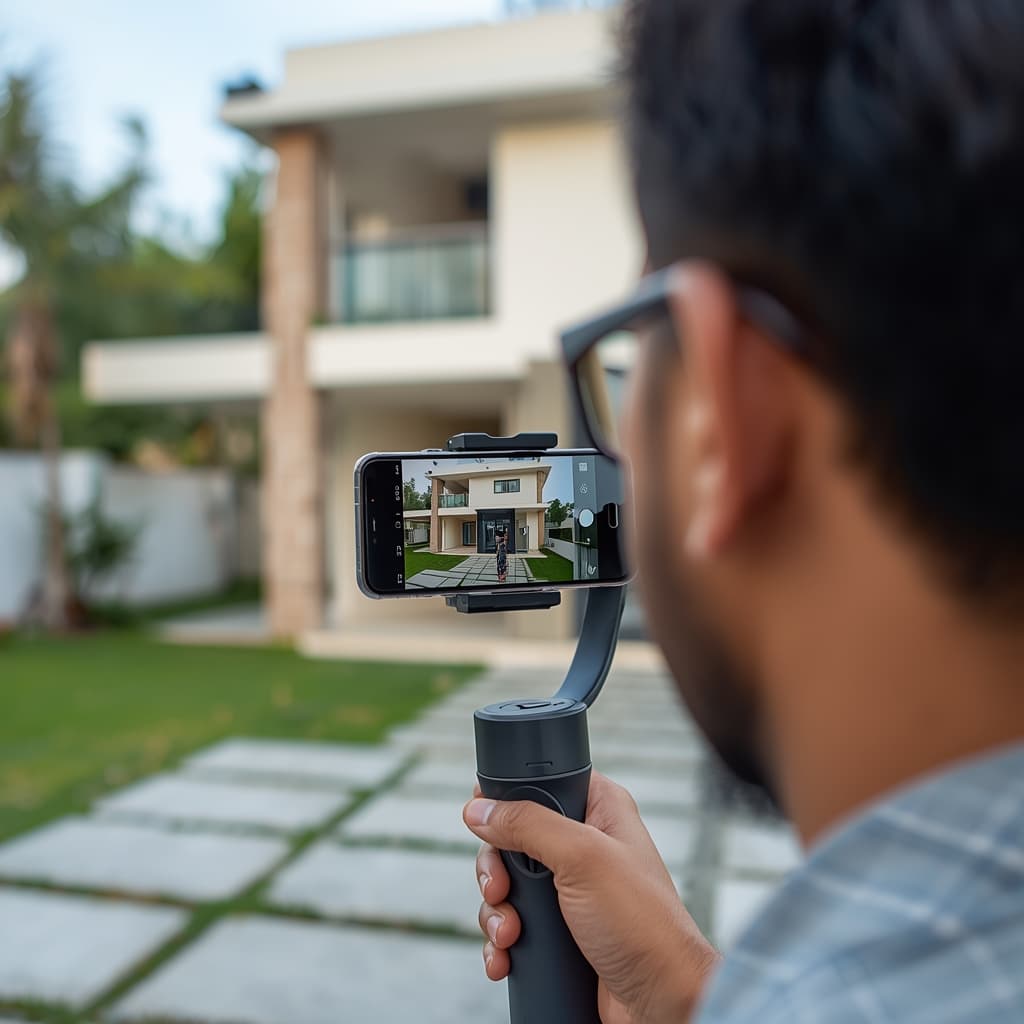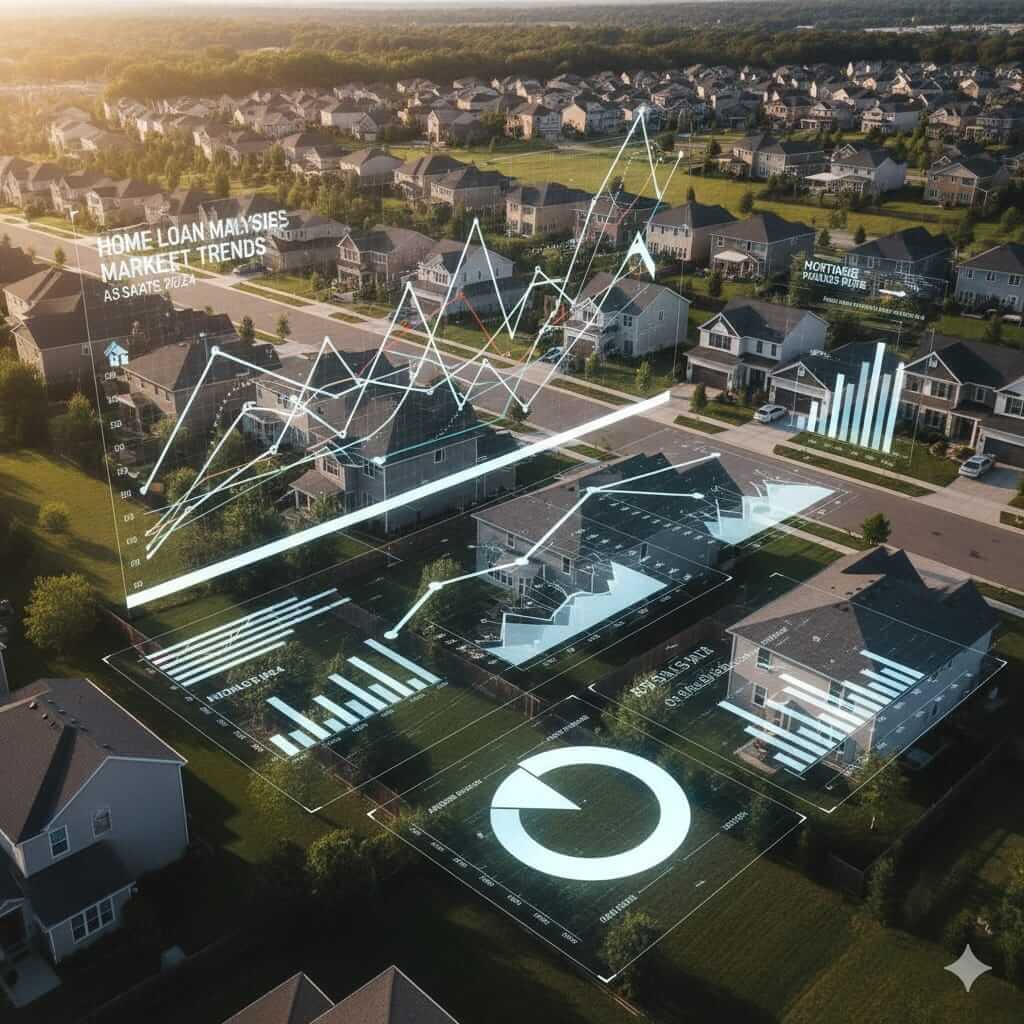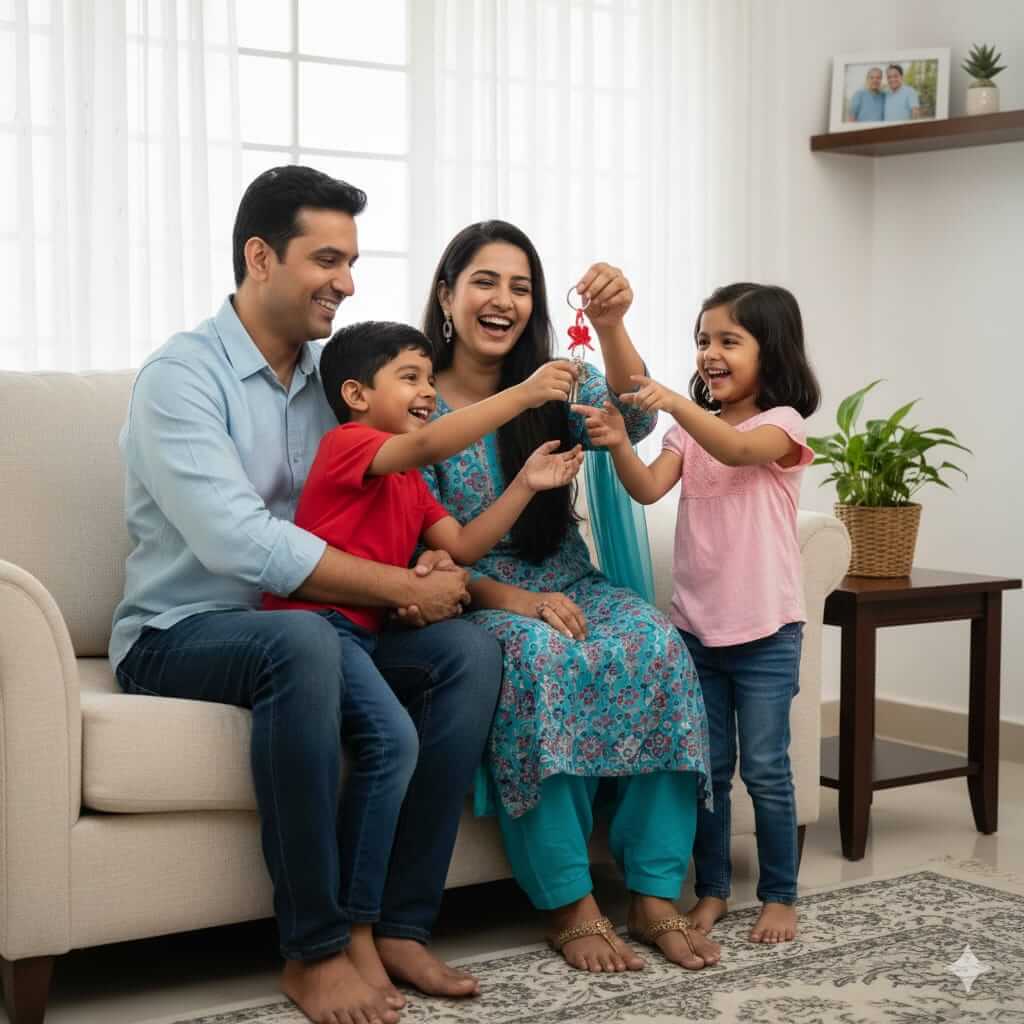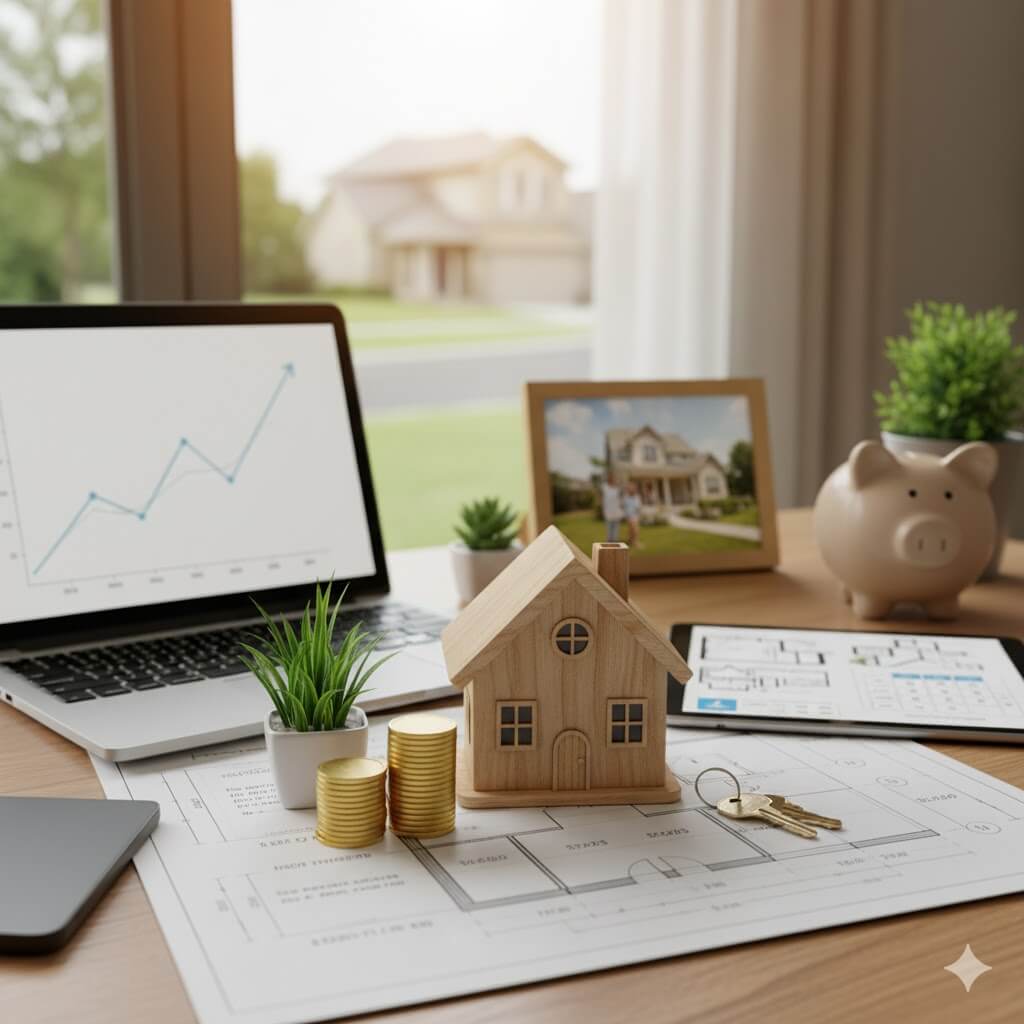Smart Living in 2025: How Technology Can Simplify Your Everyday Routine
Explore how smart technology in 2025 is transforming daily life with automation, AI assistants, and connected devices that make homes safer, healthier, and more efficient.

As we step into 2025, technology continues to reshape the way we live, work, and interact with our surroundings. The concept of smart living has evolved far beyond luxury it's now an essential part of modern life. From AI-powered home assistants to intelligent appliances and energy-saving systems, smart technology is simplifying everyday routines, making life more efficient, comfortable, and sustainable.
1. The Rise of Smart Homes
Smart homes have become mainstream in 2025. With connected devices managed through a single ecosystem, homeowners can control lighting, temperature, and security from their smartphones or voice commands. Platforms like Google Home, Amazon Alexa, and Apple HomeKit now integrate with hundreds of devices, creating personalized and automated environments that adapt to user habits.
2. Seamless Automation for Daily Tasks
Automation has taken convenience to the next level. From coffee makers that start brewing when your alarm rings to robotic vacuums that clean while you're away, everyday chores are being handled effortlessly. Smart scheduling tools synchronize calendars, to-do lists, and reminders, ensuring that your day flows smoothly from start to finish.
3. AI Assistants and Predictive Living
Artificial intelligence has become the heart of smart living. AI assistants now understand personal preferences, analyze routines, and make predictive suggestions whether it's adjusting room lighting for better mood, recommending healthier meal options, or managing monthly budgets. These systems learn continuously, adapting to enhance comfort and productivity.
4. Health and Wellness Integration
Technology is not only making homes smarter but also healthier. Wearable devices track sleep quality, heart rate, and activity levels, syncing with home systems to create optimal living conditions. For instance, your thermostat can adjust to your sleep cycle, and lighting can simulate natural sunlight to boost mental well-being. The result a home that actively supports physical and emotional health.
5. Smart Energy Management
Energy efficiency is now a top priority. Smart meters and IoT-enabled devices monitor energy consumption in real-time, helping households reduce waste and lower bills. Solar-powered systems integrated with AI predict usage patterns and store energy for peak hours, supporting both cost savings and environmental sustainability.
6. Enhanced Home Security
Safety has evolved with technology. Advanced home security systems now feature AI-based motion detection, facial recognition, and real-time alerts. Homeowners can monitor their property remotely and even communicate with visitors through smart doorbells. These innovations create peace of mind an essential part of modern living.
7. Smart Kitchens and Connected Appliances
Cooking has become more enjoyable and efficient with smart kitchens. Refrigerators track expiry dates and suggest recipes based on available ingredients. Ovens can be preheated remotely, and dishwashers optimize water use automatically. These features reduce effort while promoting sustainable habits.
8. Work-from-Home Optimization
With hybrid work culture continuing in 2025, home offices have transformed through smart setups. Adjustable lighting, noise-cancelling environments, and ergonomic monitoring systems ensure productivity. Smart desks and AI-powered assistants schedule breaks and maintain focus, helping professionals achieve a healthy work-life balance.
9. Sustainability and Eco-Friendly Living
Smart living isn't just about convenience it's also about responsibility. Eco-conscious consumers are embracing smart solutions like water-efficient systems, composting units, and AI-driven waste segregation. The integration of green technology in daily life is shaping a more sustainable and mindful future.
10. The Future of Smart Living
By 2025, smart living has moved from luxury to necessity. It represents a shift toward mindful convenience where technology enhances human experience without overwhelming it. As innovation continues, the focus will remain on creating homes that are adaptive, sustainable, and centered around well-being. The future of living is smart, seamless, and connected redefining how we live, one device at a time.
Conclusion
Smart living in 2025 is a harmonious blend of technology and lifestyle. It simplifies tasks, saves energy, and fosters healthier, safer homes. As we continue embracing innovation, the key lies in using technology mindfully not just to make life easier, but also more meaningful and sustainable. The smart home revolution is here, and it's transforming every aspect of modern living.
About Ayushi Payal
Real estate expert with over 10 years of experience helping clients navigate the property market. Specializing in selling tips and market analysis.

